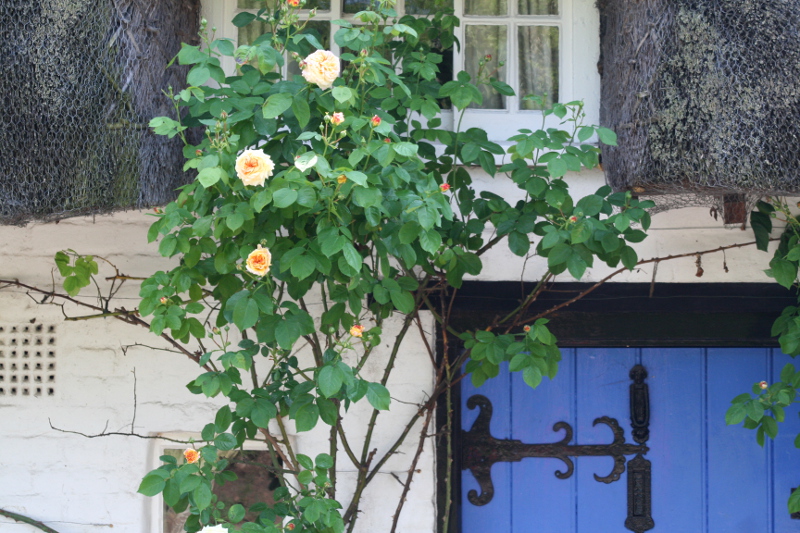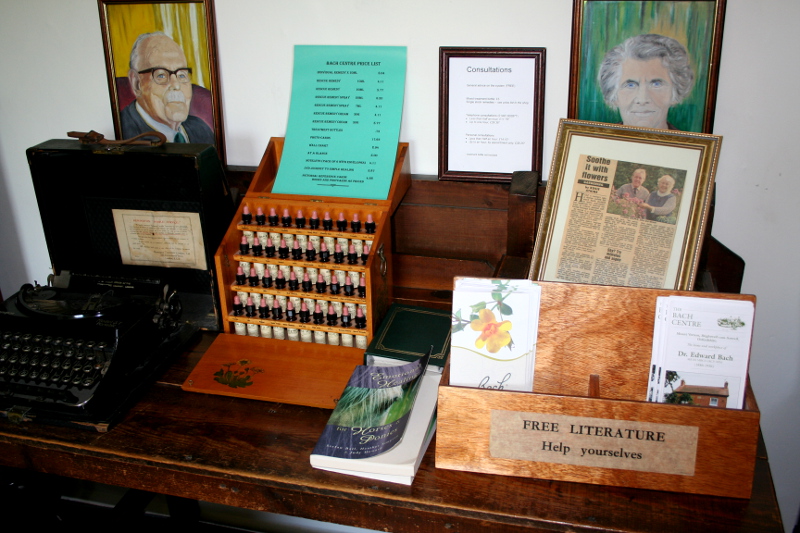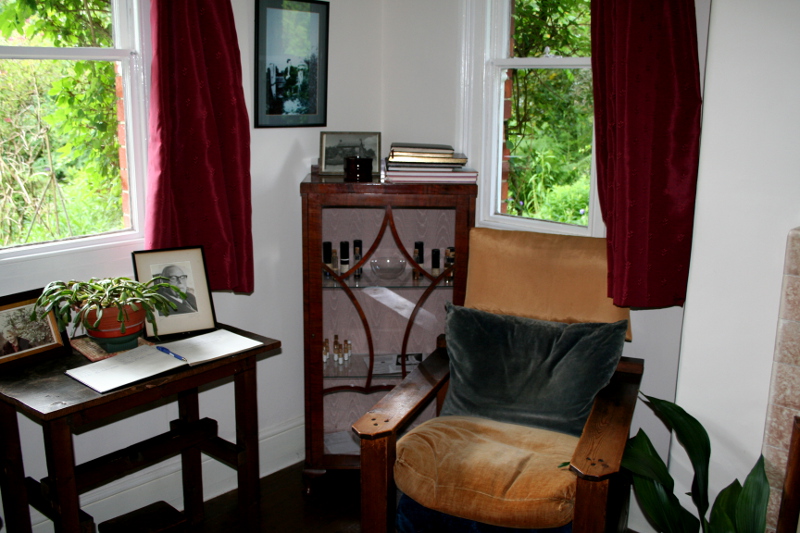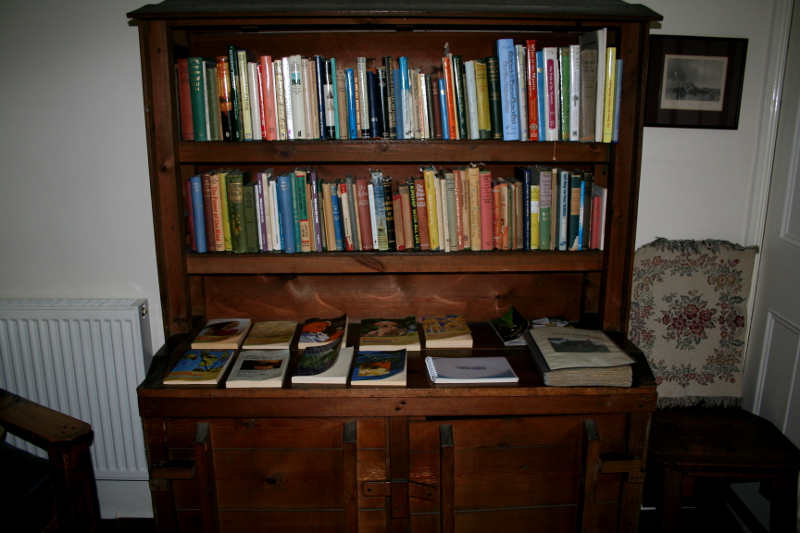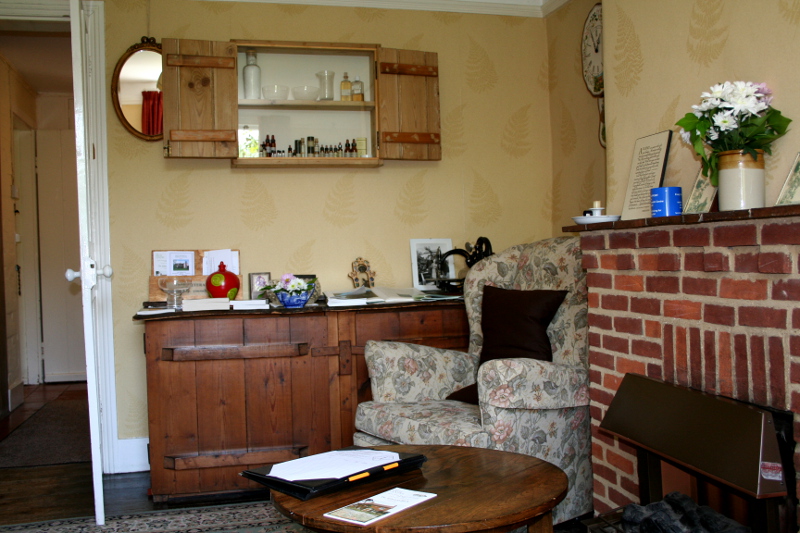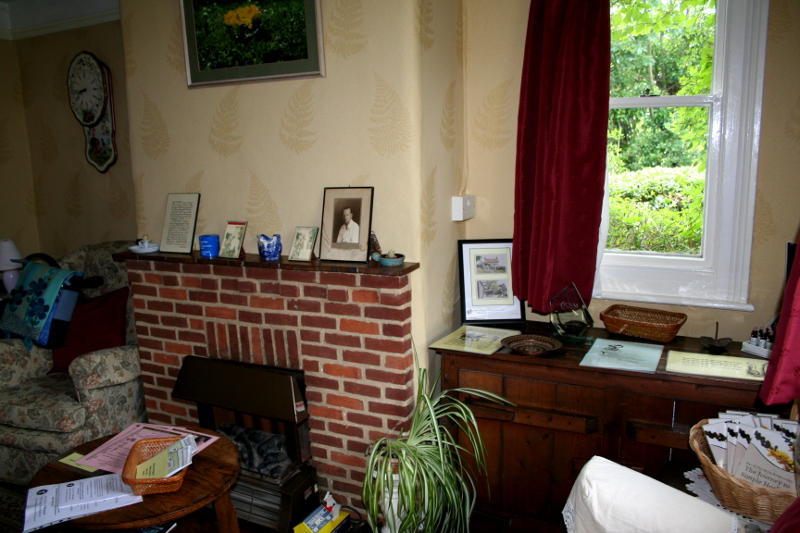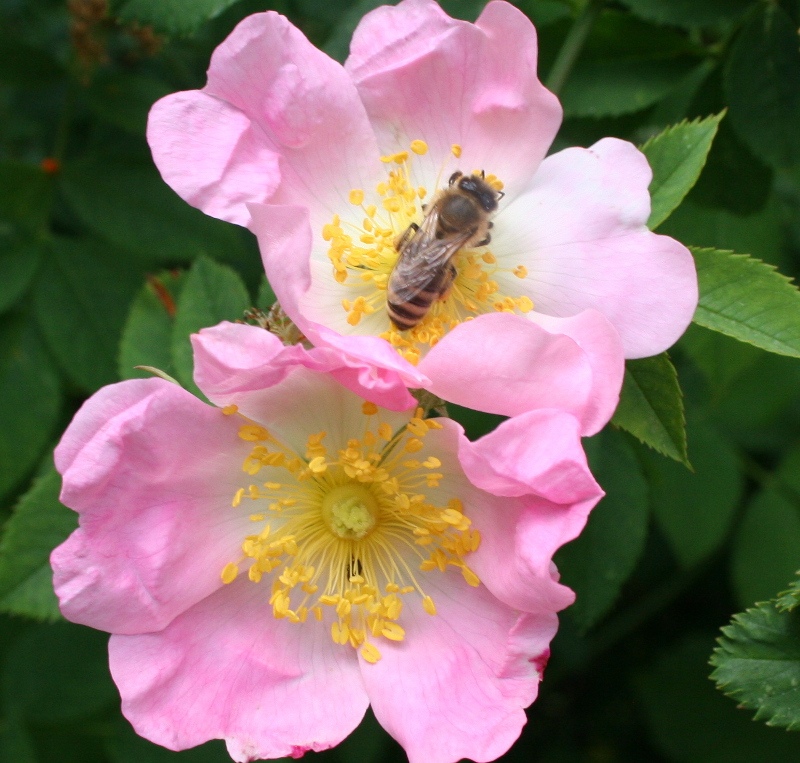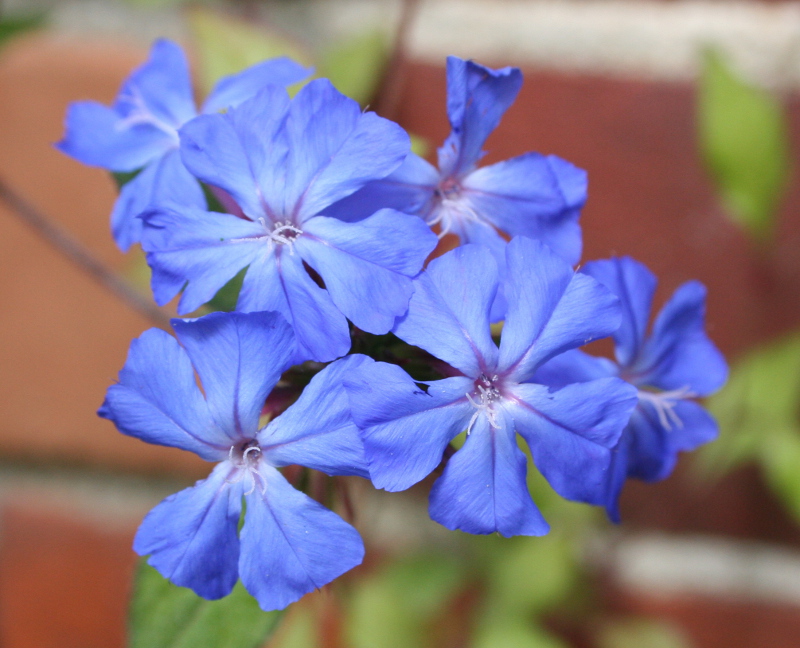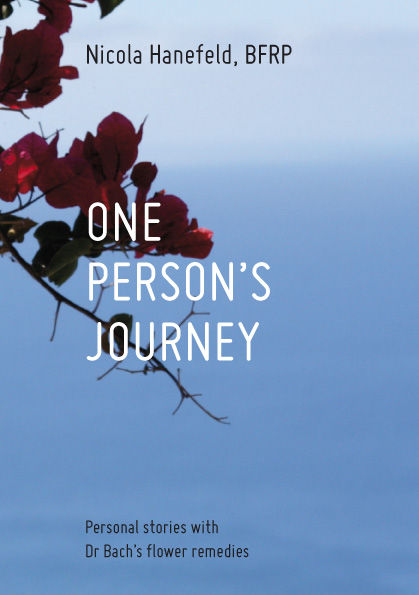Most of you reading this will have attended large Zoom meetings and know there is a mute button. It can be used to switch people off who are talking out of turn, too much, or are off-topic. Now wouldn’t this be fantastic if there were a mute button for ‘the people of many words’? Those people, known within the Bach flower community simply as “Heather”.
The Heather state means someone has a strong need to communicate what’s on their mind or share in great detail their experiences - or (worst case!) both. There is little sensitivity for the people they are talking to, or should I say talking at.
Little children in a Heather state are natural and healthy. They may come home from kindergarten or school bubbling with excitement about what happened, and their need to share with people close to them is a sign that they trust their attachment figures.
However, when adults talk and talk and talk, and are solely focused on themselves, they hinder interaction and negatively impact their relationships with other people. For this reason, Edward Bach put Heather in the loneliness group. In some ways, the Heather state is a childish state.
Recently, I met someone for the first time. I soon noticed how her narrative only had to do with herself, and that she did not play the ball back to me, having told me in detail about her life. The most fatal thing you can do when with a Heather person is to ask an empathetic question. So my skills as a practitioner, meaning trying to understand how someone feels, were counter-productive. More barrage came my way as a result of my questions. Soon, I was bemused, overwhelmed, and a bit numb. I withdrew.
Theory of Mind (ToM) seems to be ‘thin’ in Heather people. ToM means the cognitive ability to understand and attribute desires, intentions, beliefs, and emotions to oneself and others. ToM helps us predict and explain behaviour in social situations. Hence, ToM is a fundamental cognitive skill (often unconscious) which is crucial for social interaction. It enables effective communication, it facilitates relationship building, cooperation, and optimally navigating complex social dynamics. ToM allows you to grasp that others have their thoughts, feelings, and perspectives, which may differ from yours.
Apparently, it can develop quite early. I took my eldest grandson to the swimming pool a while back. As I fastened him into his car seat, I gently said he may ask “ARE WE NEARLY THERE?” a maximum of 3 times. (He has no qualms asking that question once a minute in the car, so that was my ToM being able to judge where he potentially is.) He went very quiet. After about 10 minutes, he said clearly, ‘I’m just asking myself if we’re nearly there.’ I had a good laugh; but what emotional intelligence that change of perspective, from himself to me, demonstrated. He’s five years old.
It doesn’t feel natural to me to ‘set boundaries’ early on in an interaction with a Heather person, or to force myself into the conversation to try to keep things more balanced. Chatting recently with my friend and colleague Lesley Cooke on this topic, she shared that she loses the will to talk when encountering a Heather person.
I still have not found a solution when dealing with ‘Heather’. I suspect the answer lies in gently confronting someone early in the interaction and pointing out ‘that is very interesting what you have to say (a white lie) but I also have the need to share a little bit.’ It’s work in progress; I have no solution – as yet. How do you navigate Heather people? Please tell me in the comments.
My book about the Bach flower remedies: One Person’s Journey.
My family research book: The Unspeakable.

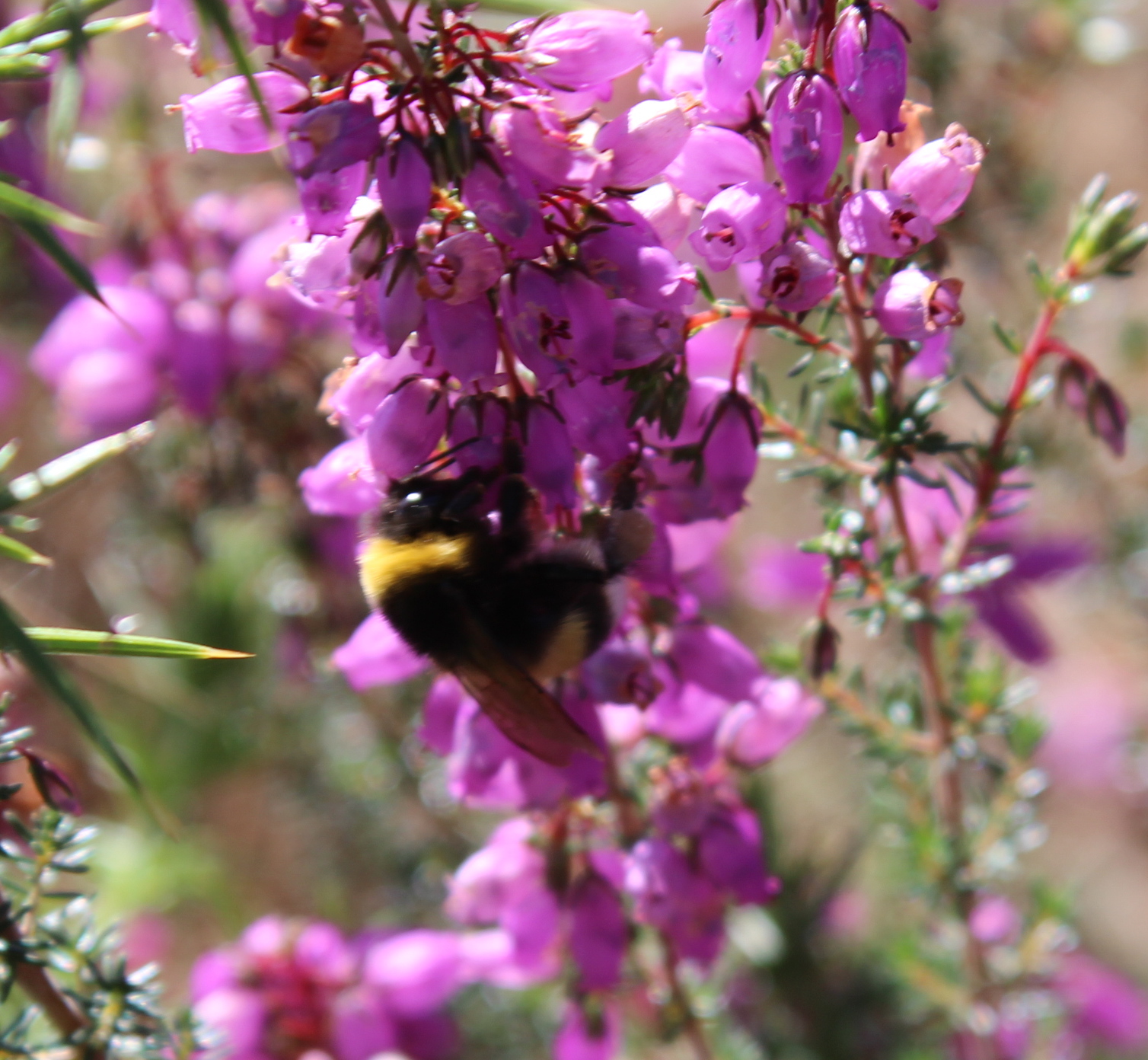



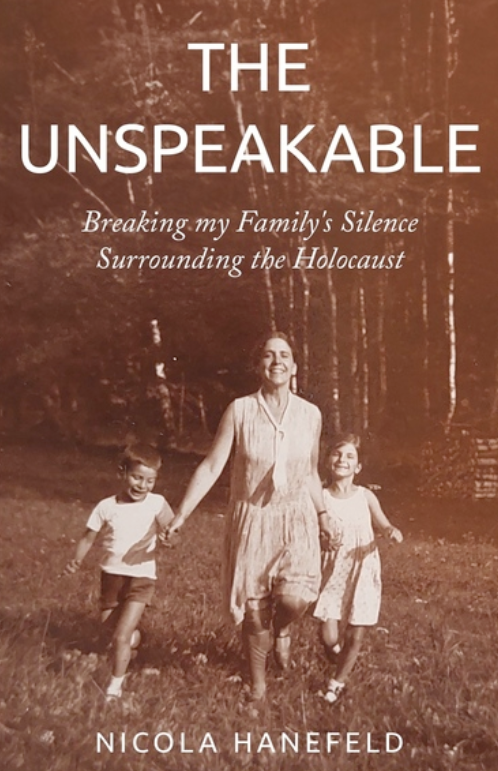



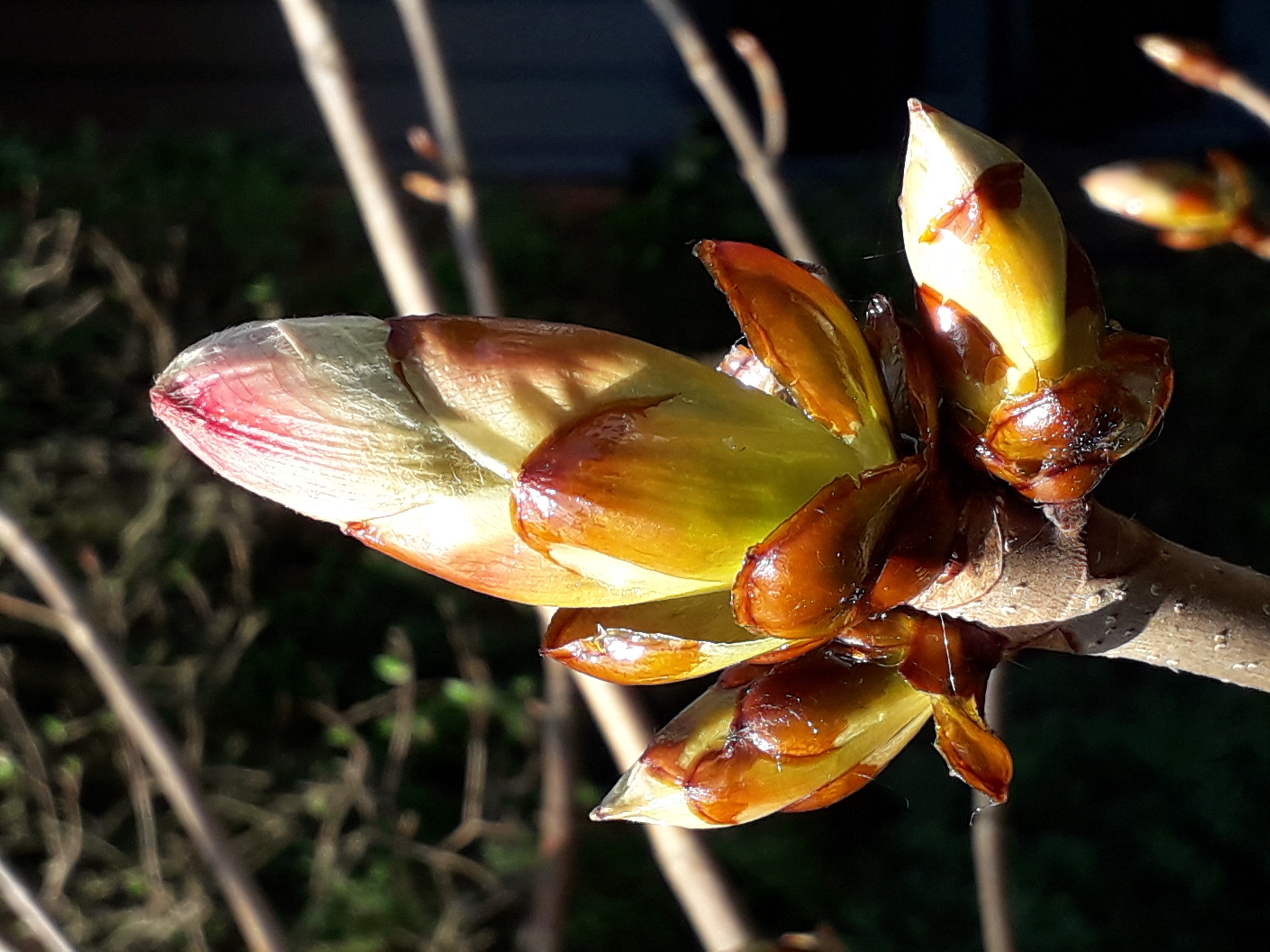
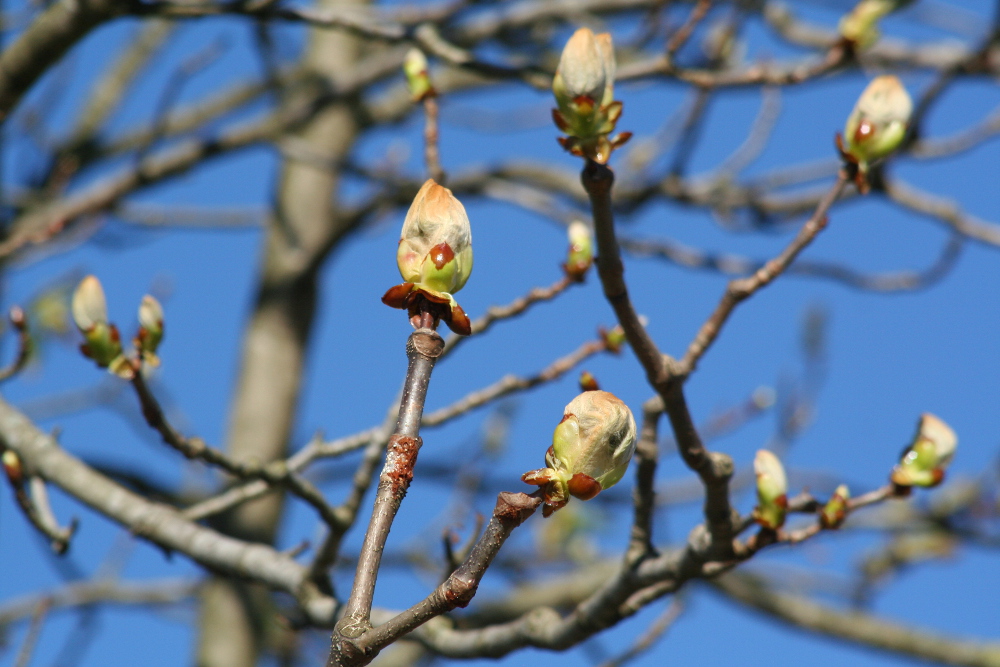




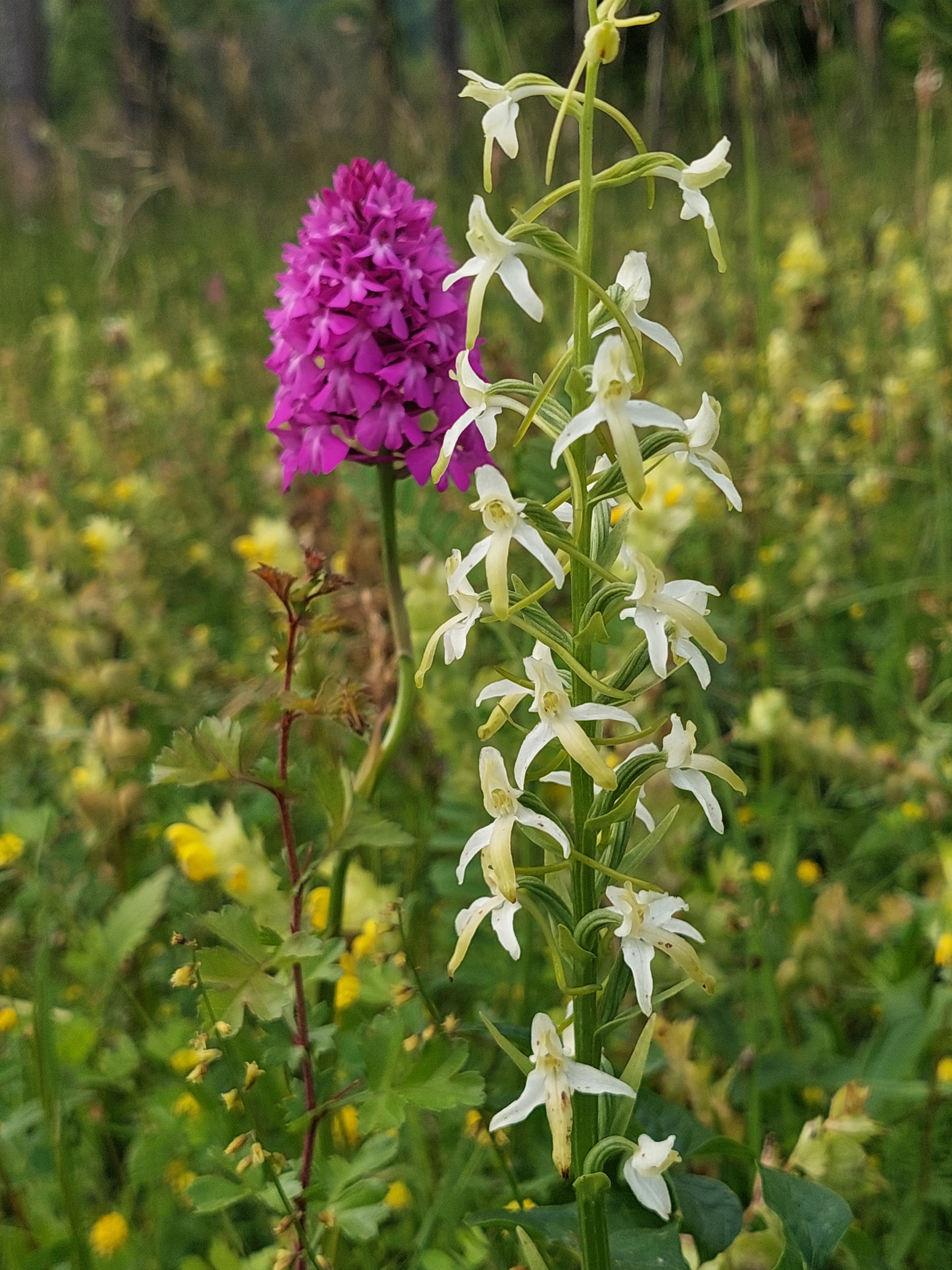
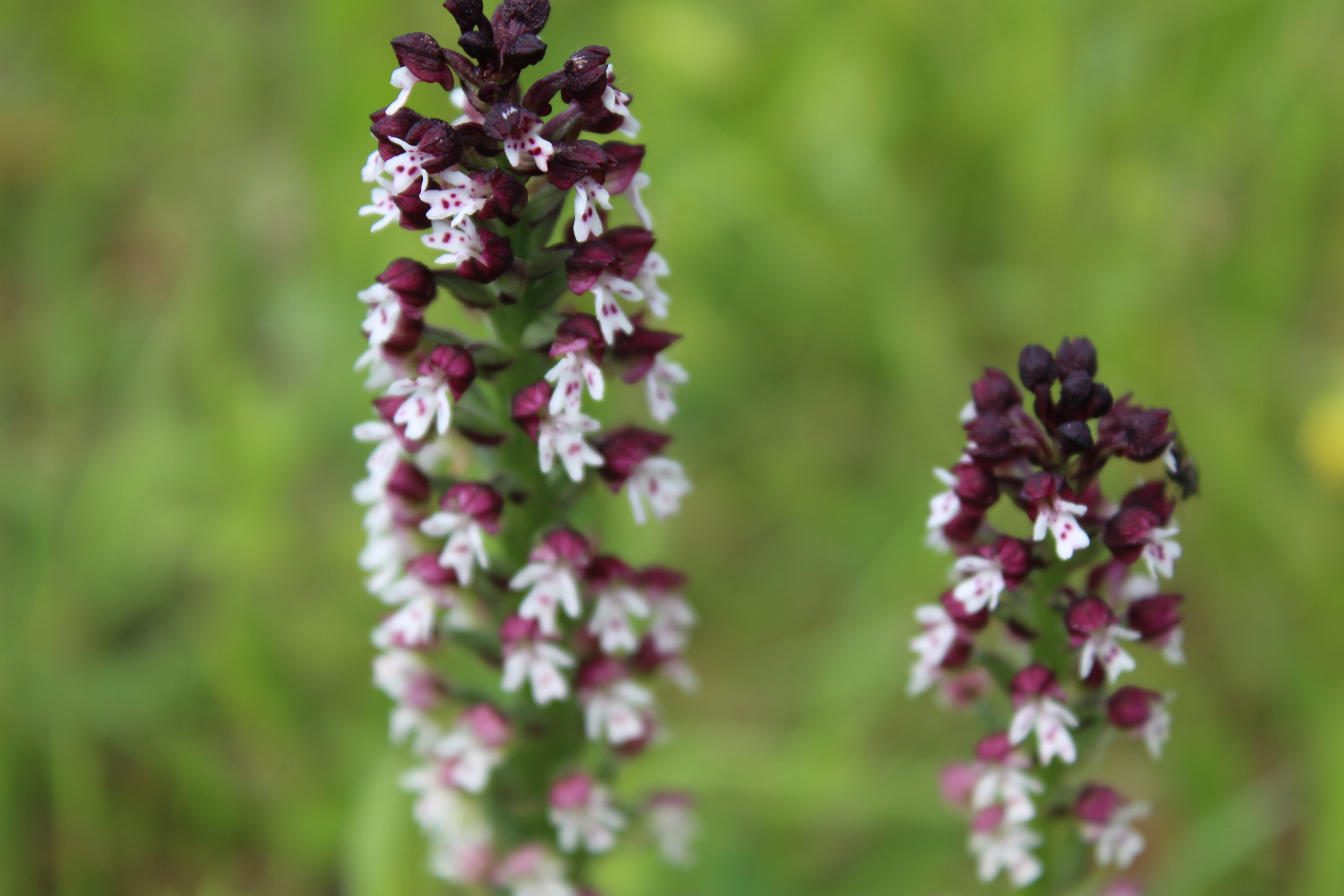 Usually, when he was stressed, his intolerance was heightened. I forgave him because I could see that his Beech state came to the fore when he was overworked. But in the end, I couldn’t take it any longer, and we separated.
Usually, when he was stressed, his intolerance was heightened. I forgave him because I could see that his Beech state came to the fore when he was overworked. But in the end, I couldn’t take it any longer, and we separated.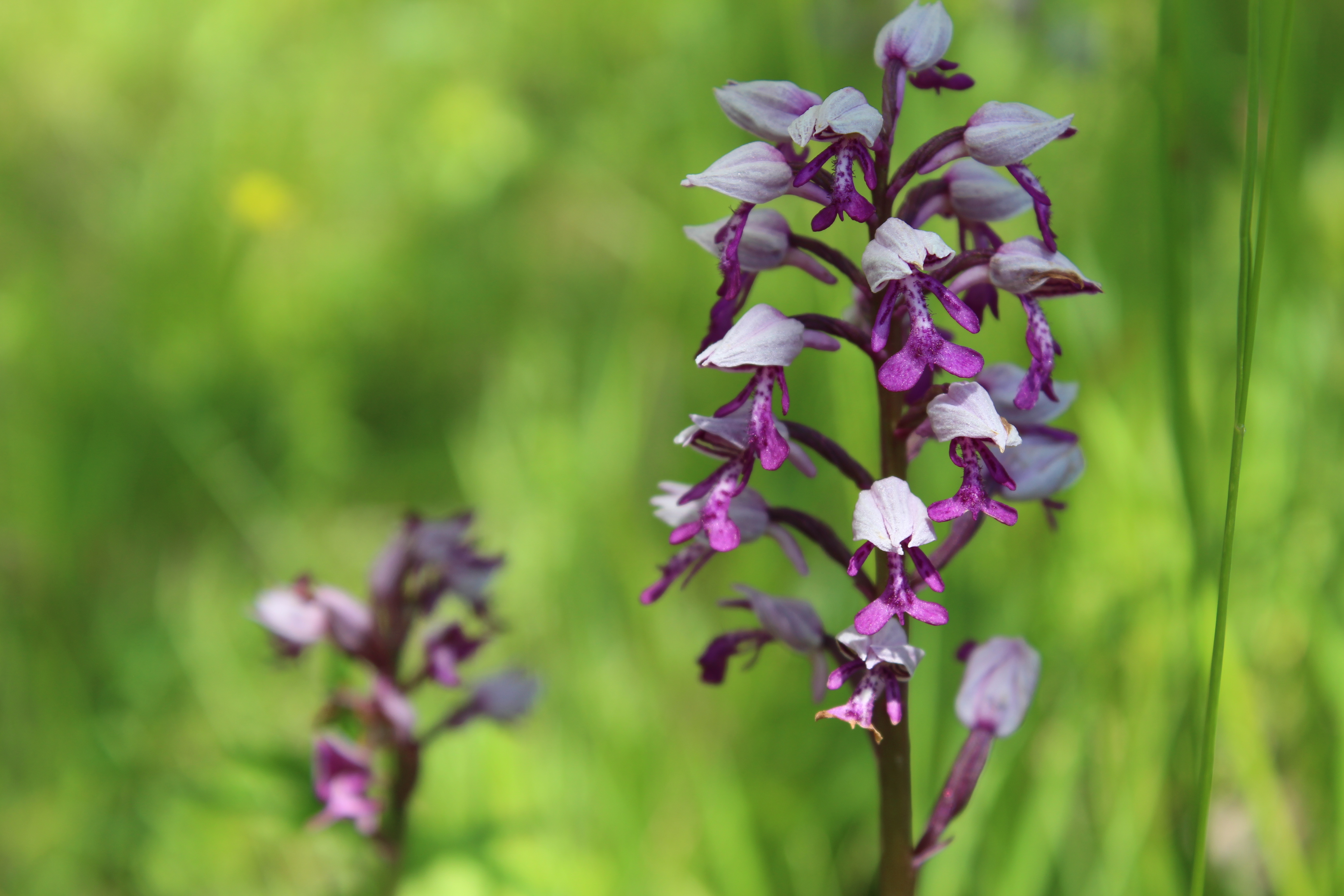


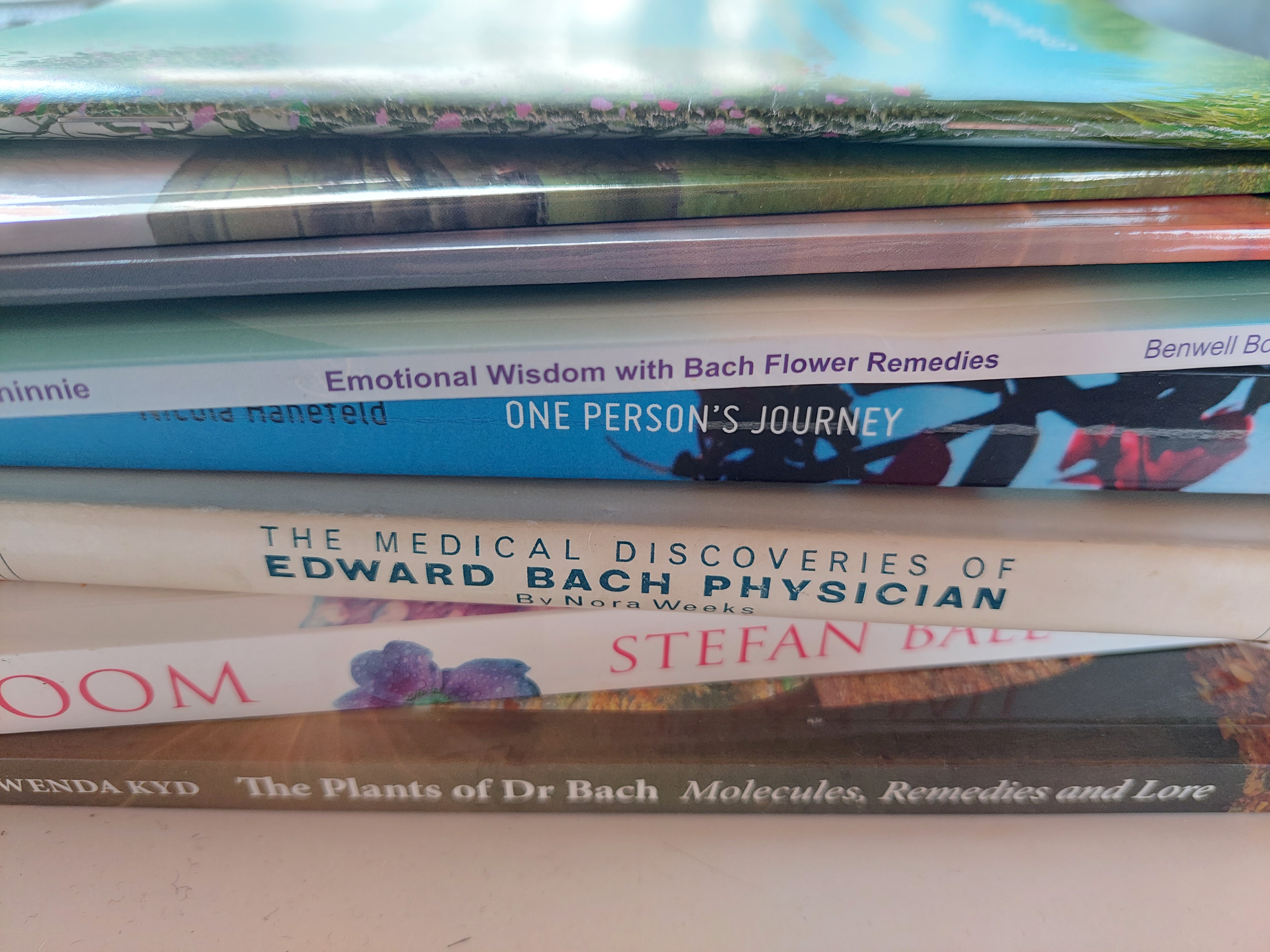


 The backdrop to all this is the climate crisis. (Remember the sizzling hot summer, the fires and drought?) Strangely, I perceive climate breakdown as even more threatening than the war, but it is getting the least attention because of the other crises. (And it’s not as if Corona has gone away.) Unexpectedly, Putin is accelerating the transformation to carbon-free energy resources as the West frees itself from Russia’s fossil energy. That is a weird positive aspect of the war.
The backdrop to all this is the climate crisis. (Remember the sizzling hot summer, the fires and drought?) Strangely, I perceive climate breakdown as even more threatening than the war, but it is getting the least attention because of the other crises. (And it’s not as if Corona has gone away.) Unexpectedly, Putin is accelerating the transformation to carbon-free energy resources as the West frees itself from Russia’s fossil energy. That is a weird positive aspect of the war.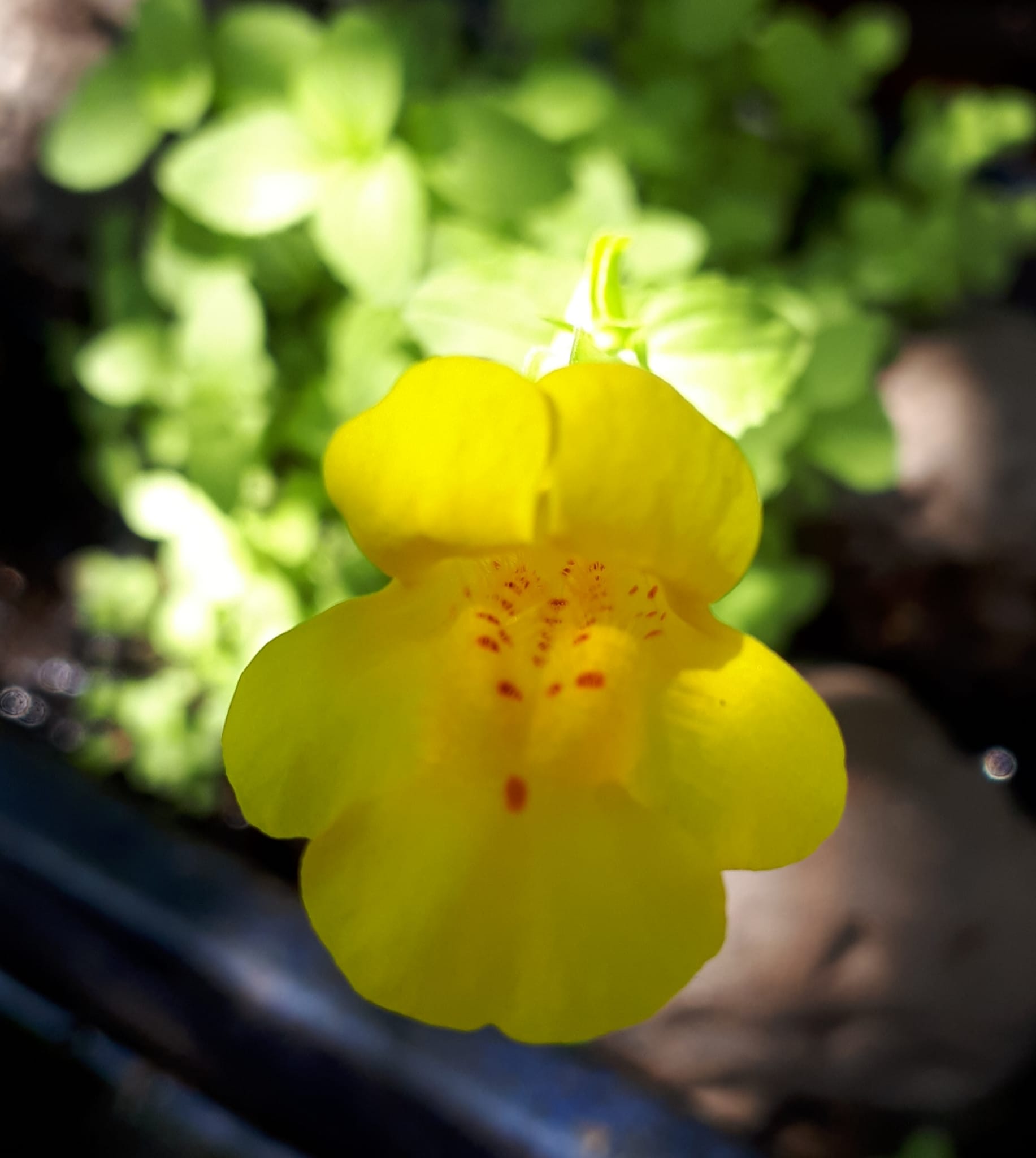


 goodness for that. The following quote of his shows us though, how he suffered in his Wild Oat state before he found his true calling as an artist:
goodness for that. The following quote of his shows us though, how he suffered in his Wild Oat state before he found his true calling as an artist: 


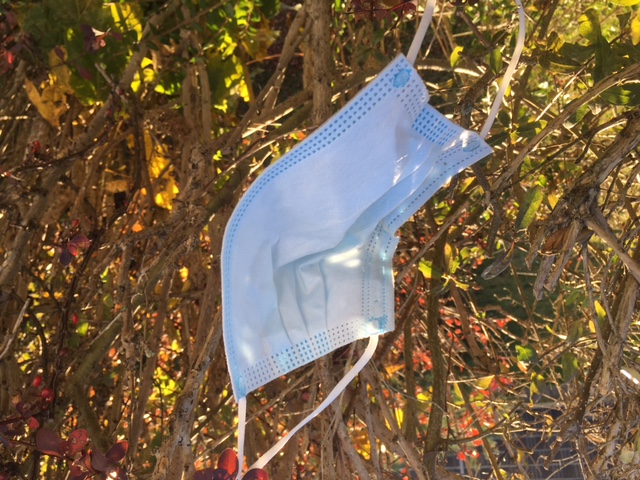



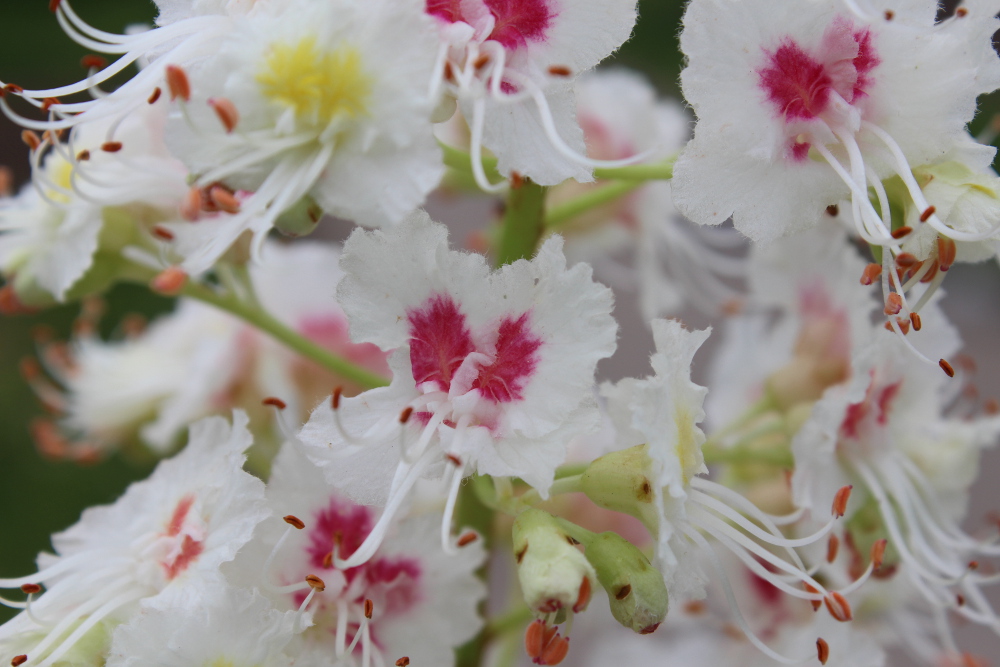
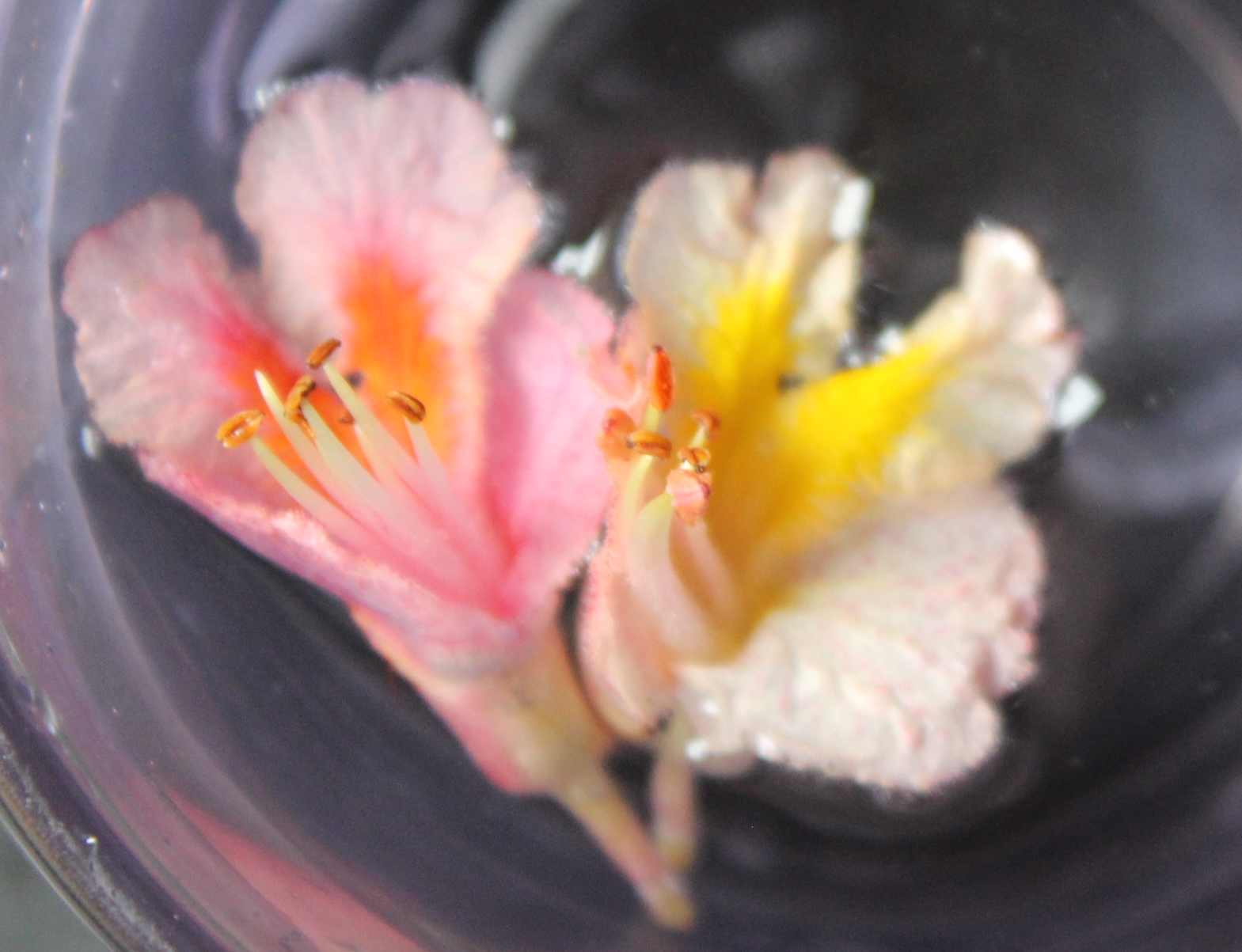
 UK today differs from that 100 years ago when a period of strict rest for women was normal and issues such as postpartum depression, (while mood changes must have also existed), had not yet been labelled as such. Therefore, devoid of a label, postnatal depression could be said to not have (yet) existed. Language shapes how we see things, even how we feel and gives us a specific view of the world. So this posting with its title Impatiens broke my arm probably woke associations in your mind (as someone familiar with the states that the Bach remedies stand for) of something to do with speed or impatience. You are right. 18 days ago I got out of the shower, my mobile rang and, forgetting that I had wet feet, I sprinted to answer before my mailbox took over. I don’t have a carpet or a wooden floor in my flat, but shiny white tiles. I slipped and fell dramatically, the whole weight of my fall caught in my left arm and hand that I instinctively stretched out. The pain was excruciating and I knew that either my arm or wrist was broken. At the end of the day, along with the pain and my new plaster cast, I was simply grateful to live in a country with a good health care system. I'd received excellent attention at the hospital and the doctor was delighted "how well" I had broken my arm (not my wrist). His eyes glinted. It was an uncomplicated break.
UK today differs from that 100 years ago when a period of strict rest for women was normal and issues such as postpartum depression, (while mood changes must have also existed), had not yet been labelled as such. Therefore, devoid of a label, postnatal depression could be said to not have (yet) existed. Language shapes how we see things, even how we feel and gives us a specific view of the world. So this posting with its title Impatiens broke my arm probably woke associations in your mind (as someone familiar with the states that the Bach remedies stand for) of something to do with speed or impatience. You are right. 18 days ago I got out of the shower, my mobile rang and, forgetting that I had wet feet, I sprinted to answer before my mailbox took over. I don’t have a carpet or a wooden floor in my flat, but shiny white tiles. I slipped and fell dramatically, the whole weight of my fall caught in my left arm and hand that I instinctively stretched out. The pain was excruciating and I knew that either my arm or wrist was broken. At the end of the day, along with the pain and my new plaster cast, I was simply grateful to live in a country with a good health care system. I'd received excellent attention at the hospital and the doctor was delighted "how well" I had broken my arm (not my wrist). His eyes glinted. It was an uncomplicated break.  The book I’m reading at the moment is a memoir by Josie George. The author lives
The book I’m reading at the moment is a memoir by Josie George. The author lives 

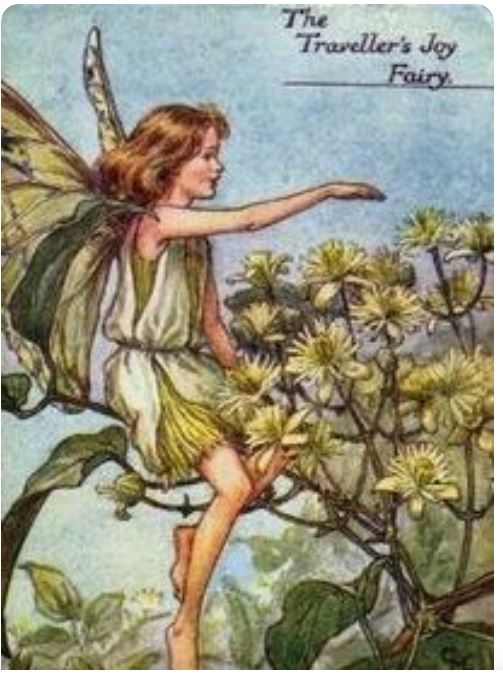
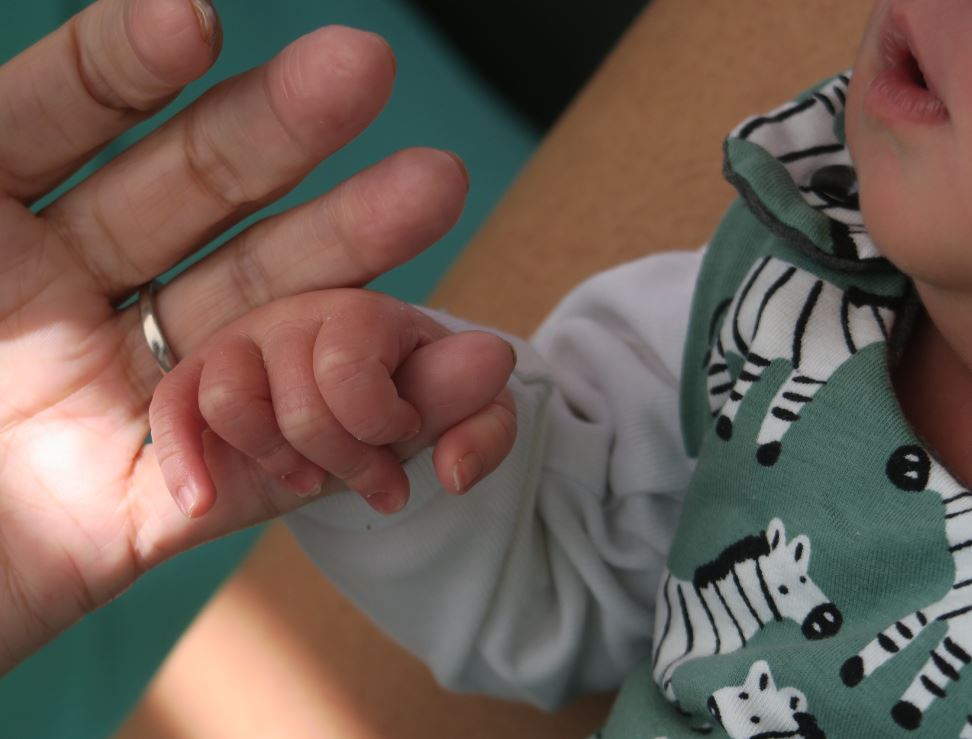
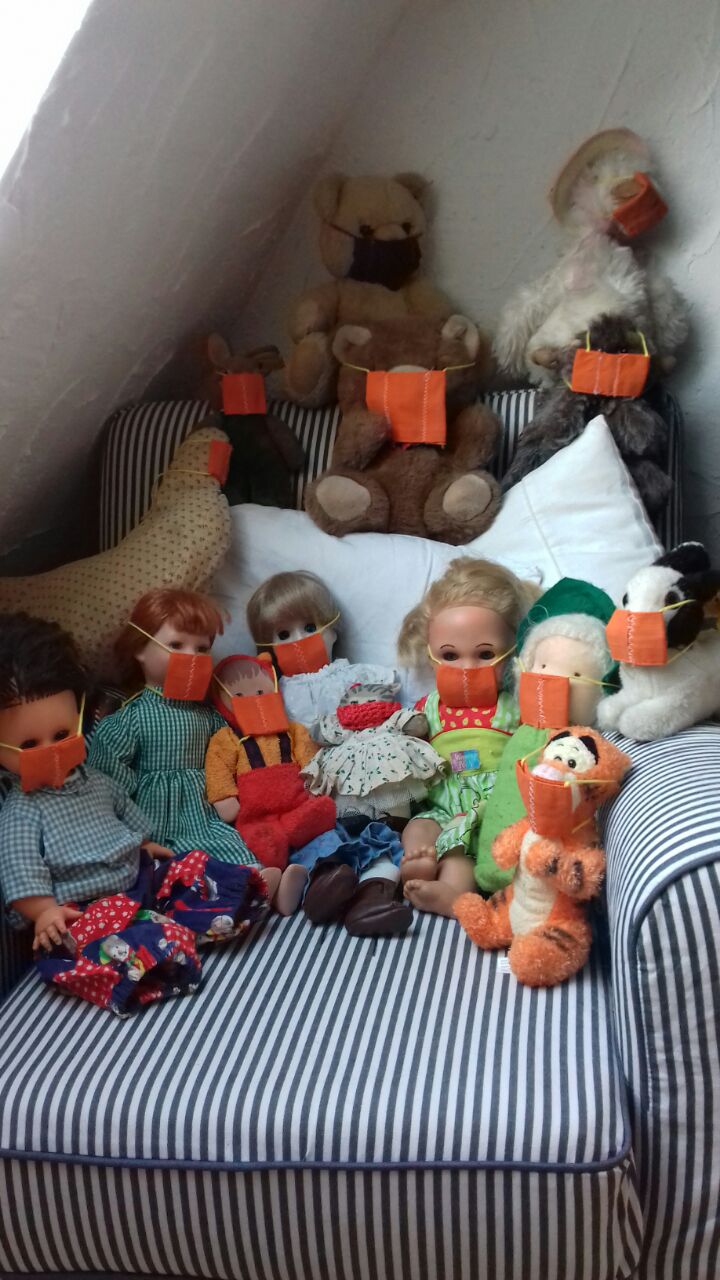


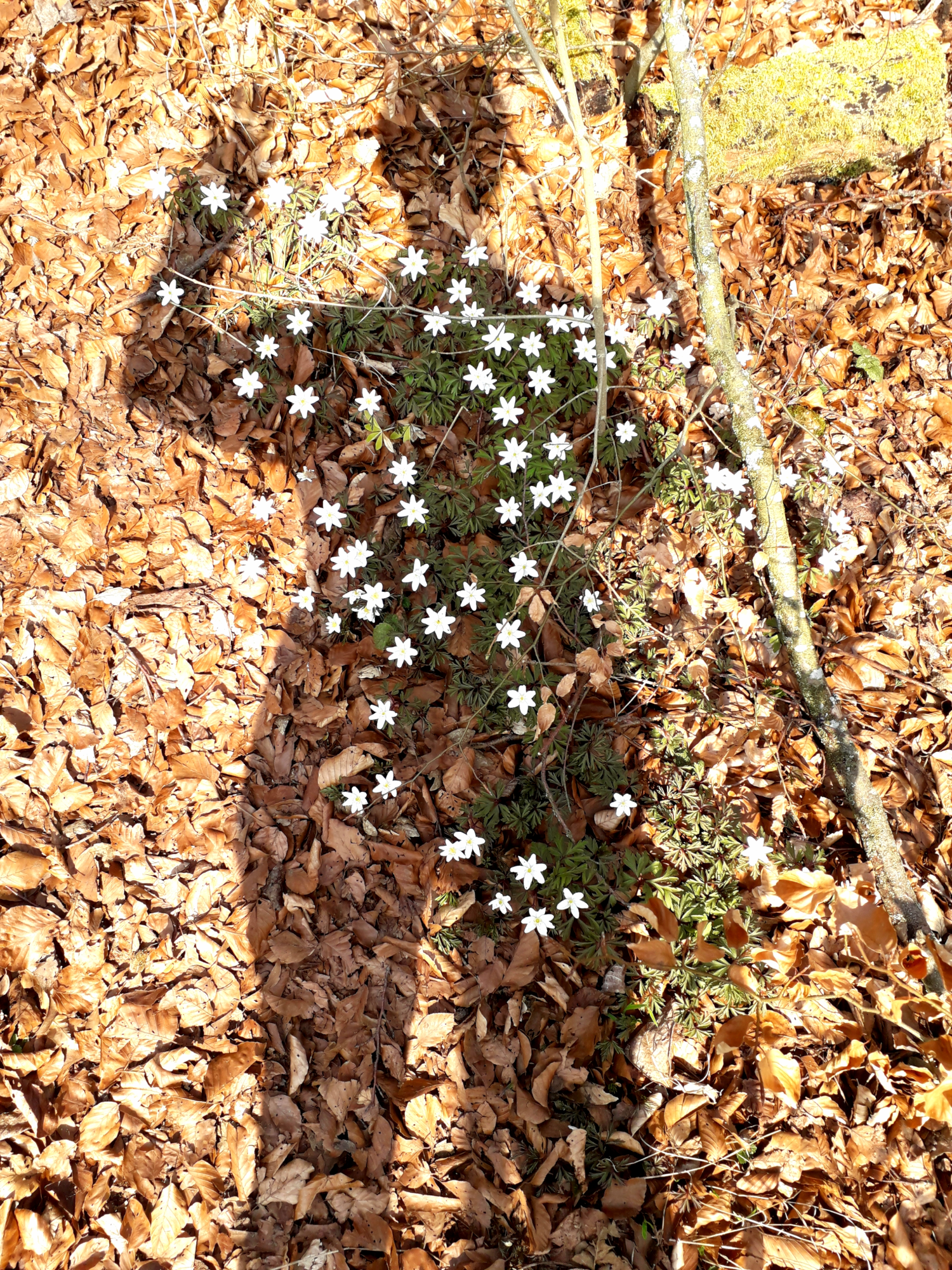
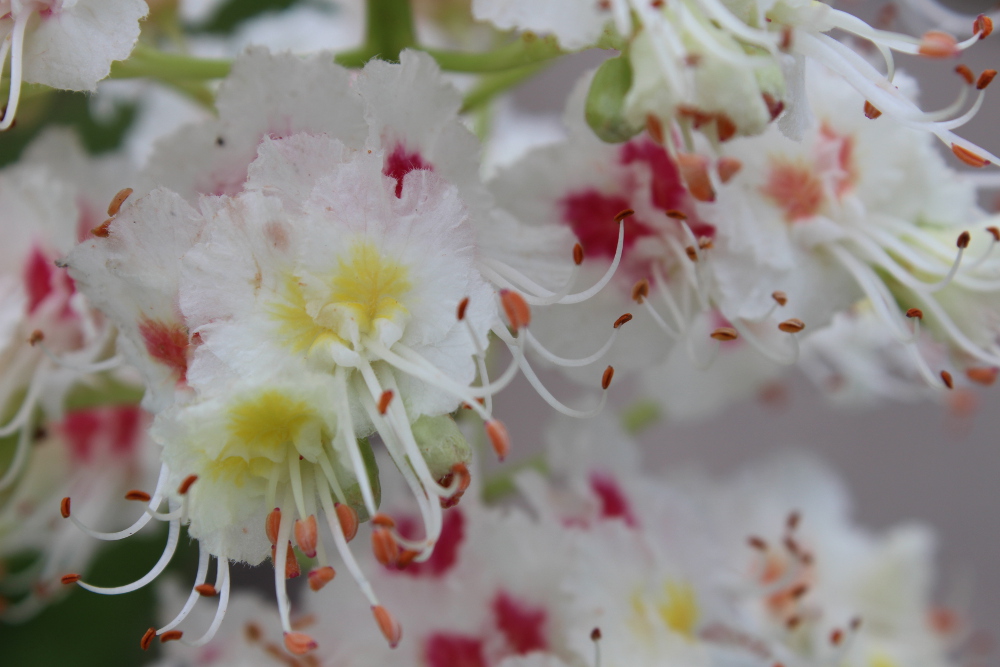 I feel blessed that family, friends and people I work with have come closer together in recent weeks to help one another make sense of what is happening. I hope all of you reading these words are having similar experiences. Humans are social creatures, and the toll of isolation cannot yet be assessed.
I feel blessed that family, friends and people I work with have come closer together in recent weeks to help one another make sense of what is happening. I hope all of you reading these words are having similar experiences. Humans are social creatures, and the toll of isolation cannot yet be assessed.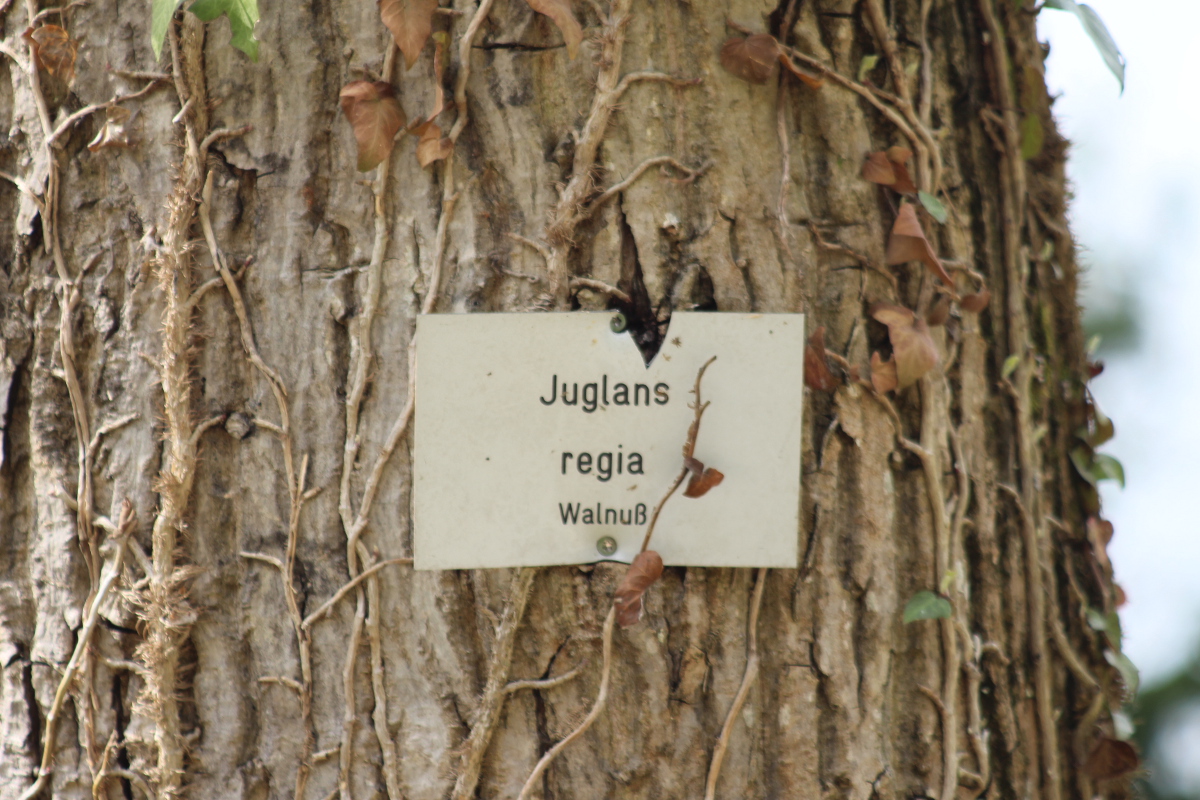


 Hope I see in the worldwide Fridays for Future movement and the young and eloquent climate activist Greta Thunberg. Out of nowhere, a movement has developed pressurising politics and governments to take urgent climate action. In my home city of Freiburg I participated in the demonstration last May, where between 20,000 and 30,000 people were out on the roads shouting ‚What do we want? Climate justice! When we want it? Now!‘ I think it‘s fair to say that the Vervain personalities were collectively out on the roads that day and during consecutive demonstrations.
Hope I see in the worldwide Fridays for Future movement and the young and eloquent climate activist Greta Thunberg. Out of nowhere, a movement has developed pressurising politics and governments to take urgent climate action. In my home city of Freiburg I participated in the demonstration last May, where between 20,000 and 30,000 people were out on the roads shouting ‚What do we want? Climate justice! When we want it? Now!‘ I think it‘s fair to say that the Vervain personalities were collectively out on the roads that day and during consecutive demonstrations.
 Soon, a policewoman came and took my report. I then got out of the car again and spoke to the driver of the car that had ploughed into the car behind me. I said I was surprised that he didn't ask if I was ok. He answered that he thought I was a just passenger. The tense way he was smiling and minimising things made me realise he was in
Soon, a policewoman came and took my report. I then got out of the car again and spoke to the driver of the car that had ploughed into the car behind me. I said I was surprised that he didn't ask if I was ok. He answered that he thought I was a just passenger. The tense way he was smiling and minimising things made me realise he was in 

 What annoyed you the most?
What annoyed you the most?
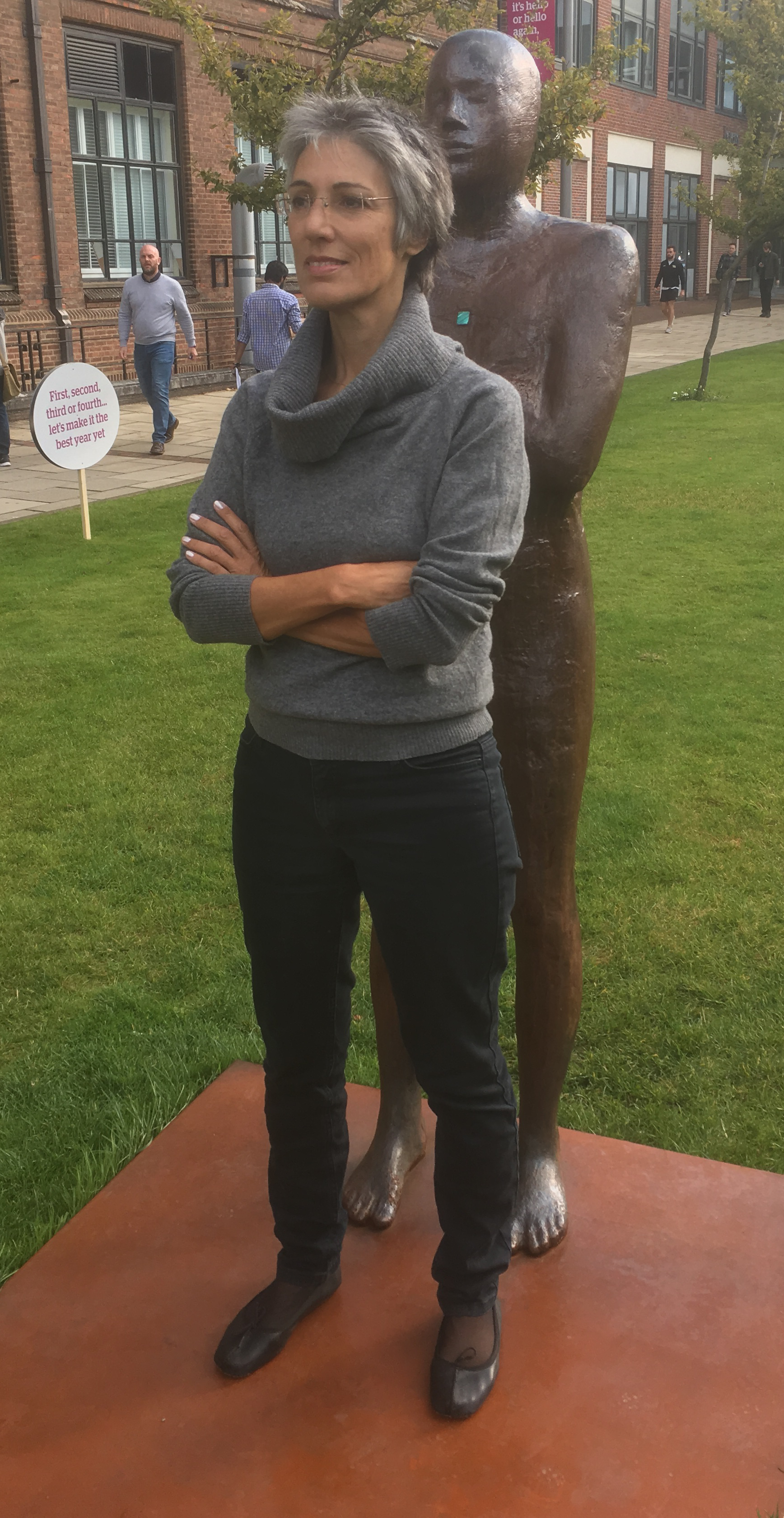

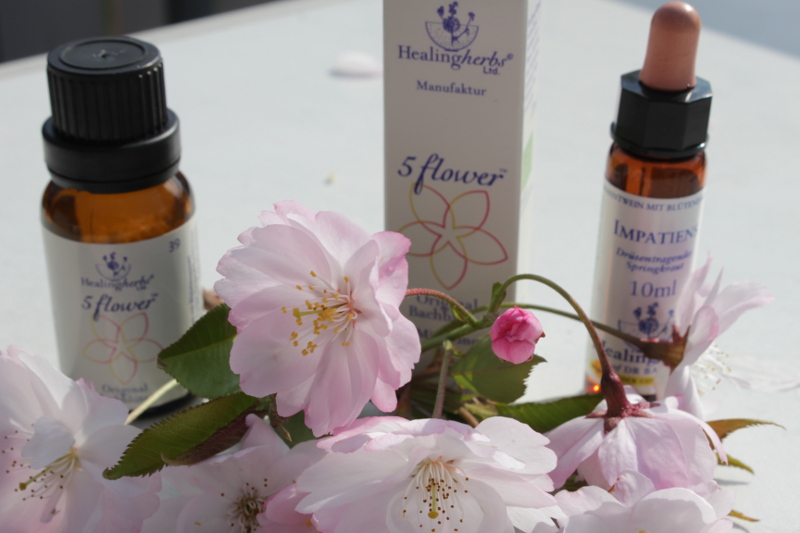

 very uncertain as to what was happening.
very uncertain as to what was happening.

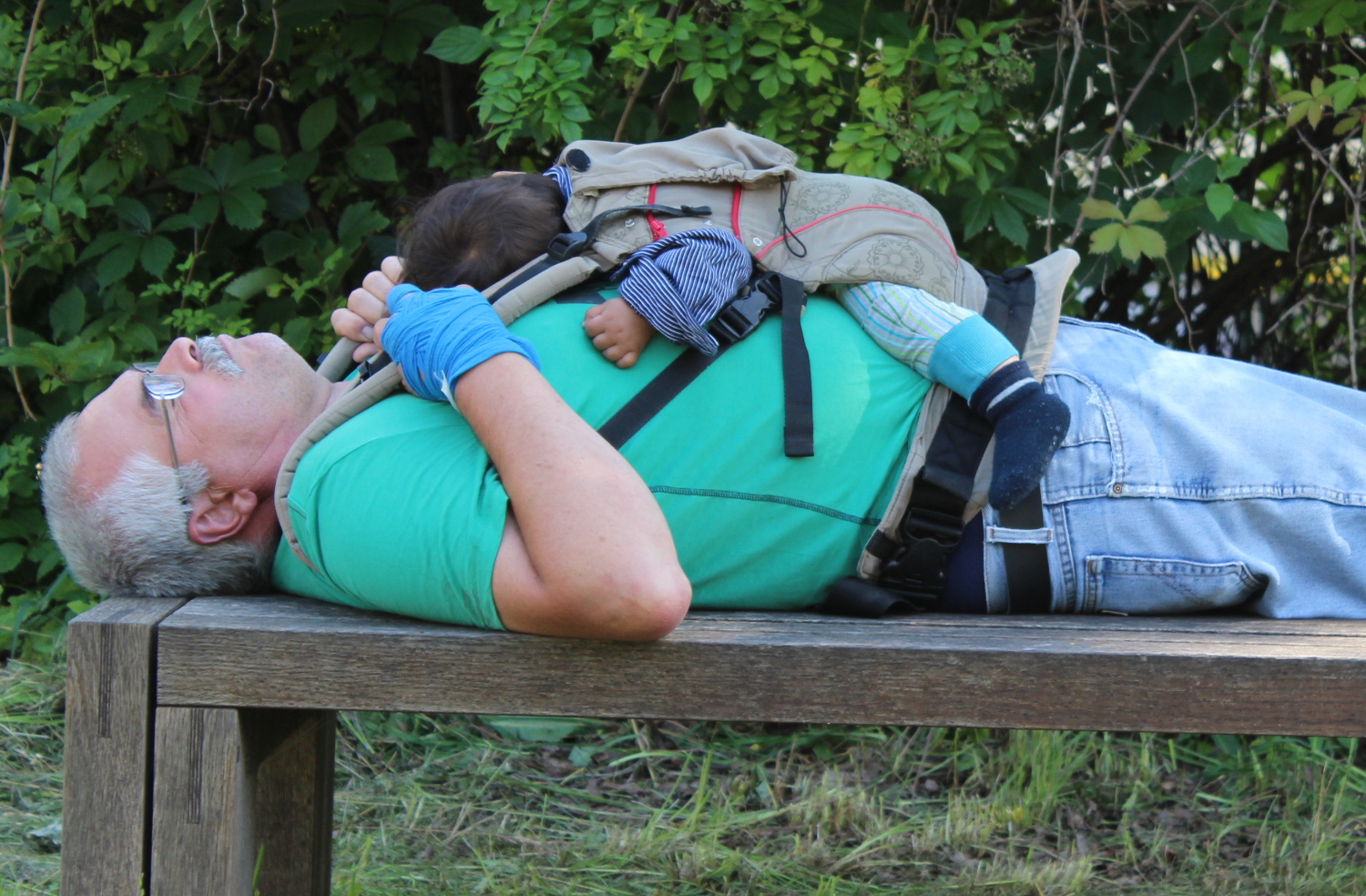 In contrast, after becoming a mother, I developed hyper-vigilance at night. My sleep developed a flimsy lightness. I heard everything, my partner joked that I could probably hear the grass growing. If one child was not coughing, the other had a high temperature and was muttering strange things, or the baby was restless and in pain with ear-ache. I was on duty all the time. Even if everyone was healthy and quiet at night, the years of being mother to infants led to me forgetting how to switch off. I would lie awake paying attention to all noises. When the kids grew up and nights became less vulnerable to disturbances, the menopause turned up with its own associated sleep problems (hot flushes etc.). What I sometimes wonder about is why men seem to have a deeper sleep than women.
In contrast, after becoming a mother, I developed hyper-vigilance at night. My sleep developed a flimsy lightness. I heard everything, my partner joked that I could probably hear the grass growing. If one child was not coughing, the other had a high temperature and was muttering strange things, or the baby was restless and in pain with ear-ache. I was on duty all the time. Even if everyone was healthy and quiet at night, the years of being mother to infants led to me forgetting how to switch off. I would lie awake paying attention to all noises. When the kids grew up and nights became less vulnerable to disturbances, the menopause turned up with its own associated sleep problems (hot flushes etc.). What I sometimes wonder about is why men seem to have a deeper sleep than women.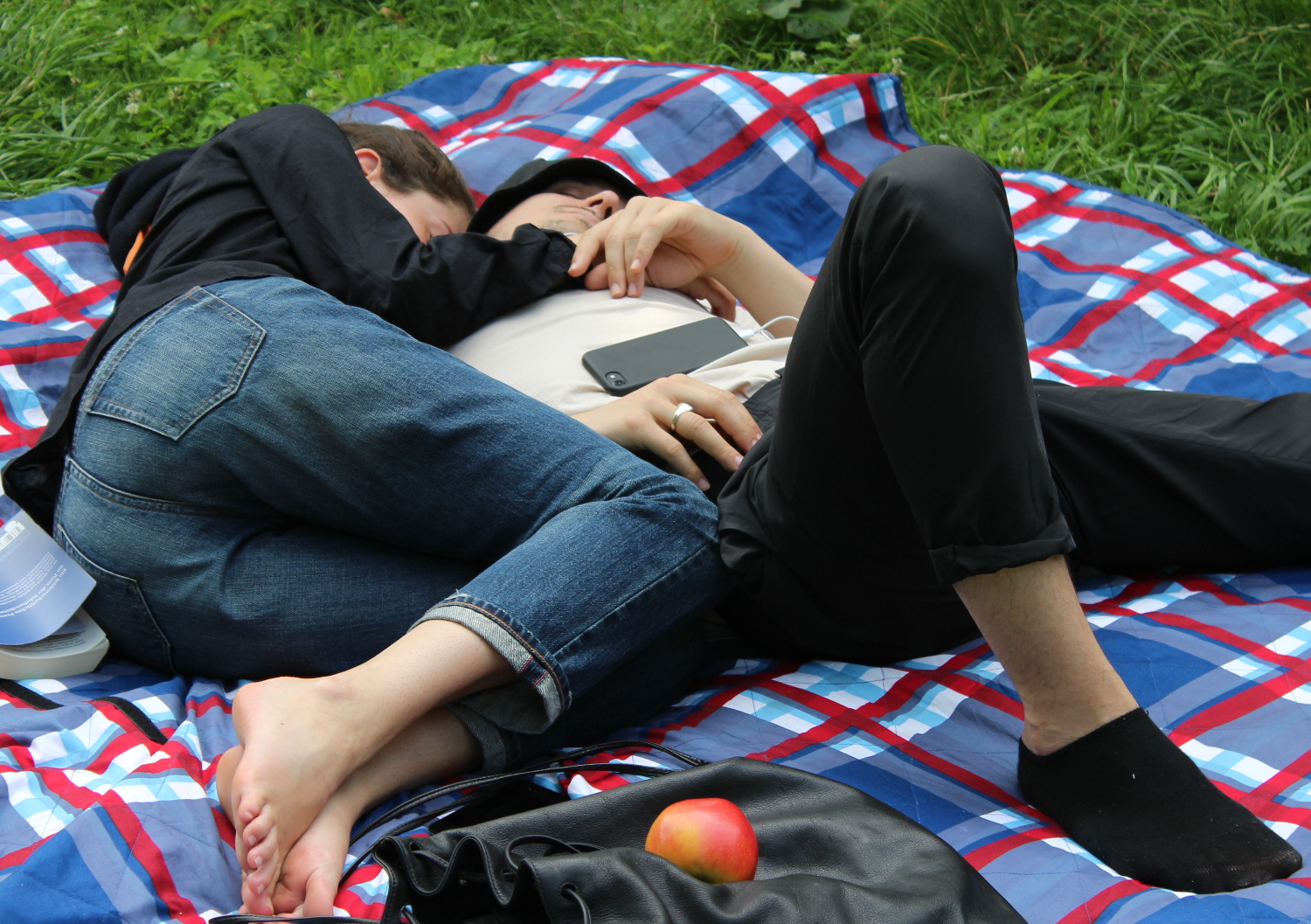
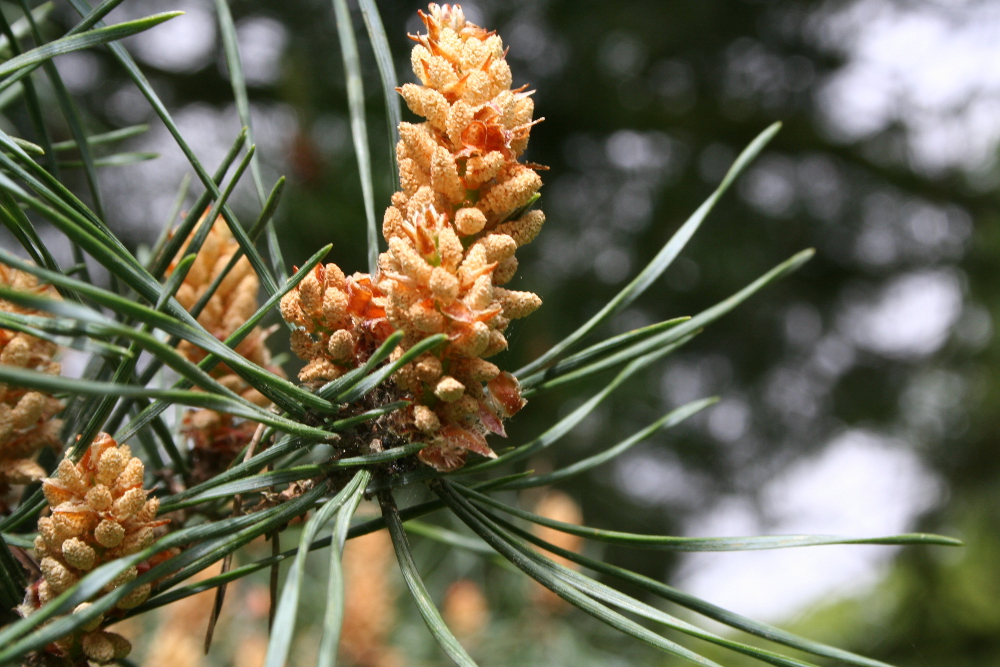 So out came the
So out came the 

 A week after the attack I was feeling more balanced again. I was alone at Joe's place, (my partner), he was off on a business trip. On the evening before he left he asked, "are you frightened of spending the night alone in the house?" "No," I answered, which was true although the house is quite out in the country.
A week after the attack I was feeling more balanced again. I was alone at Joe's place, (my partner), he was off on a business trip. On the evening before he left he asked, "are you frightened of spending the night alone in the house?" "No," I answered, which was true although the house is quite out in the country.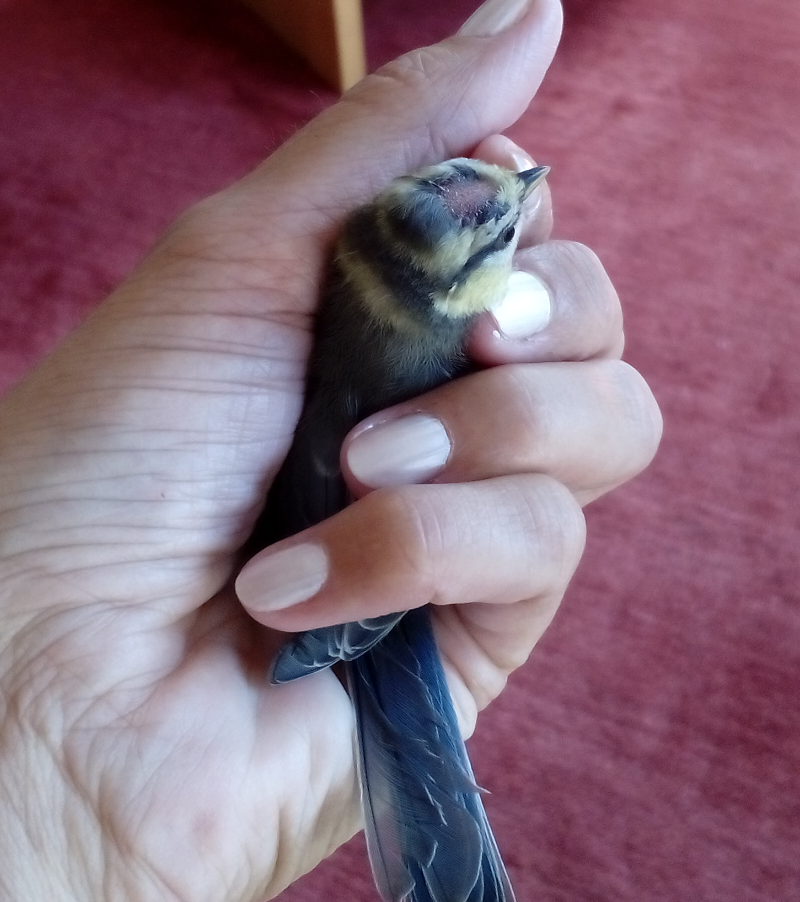







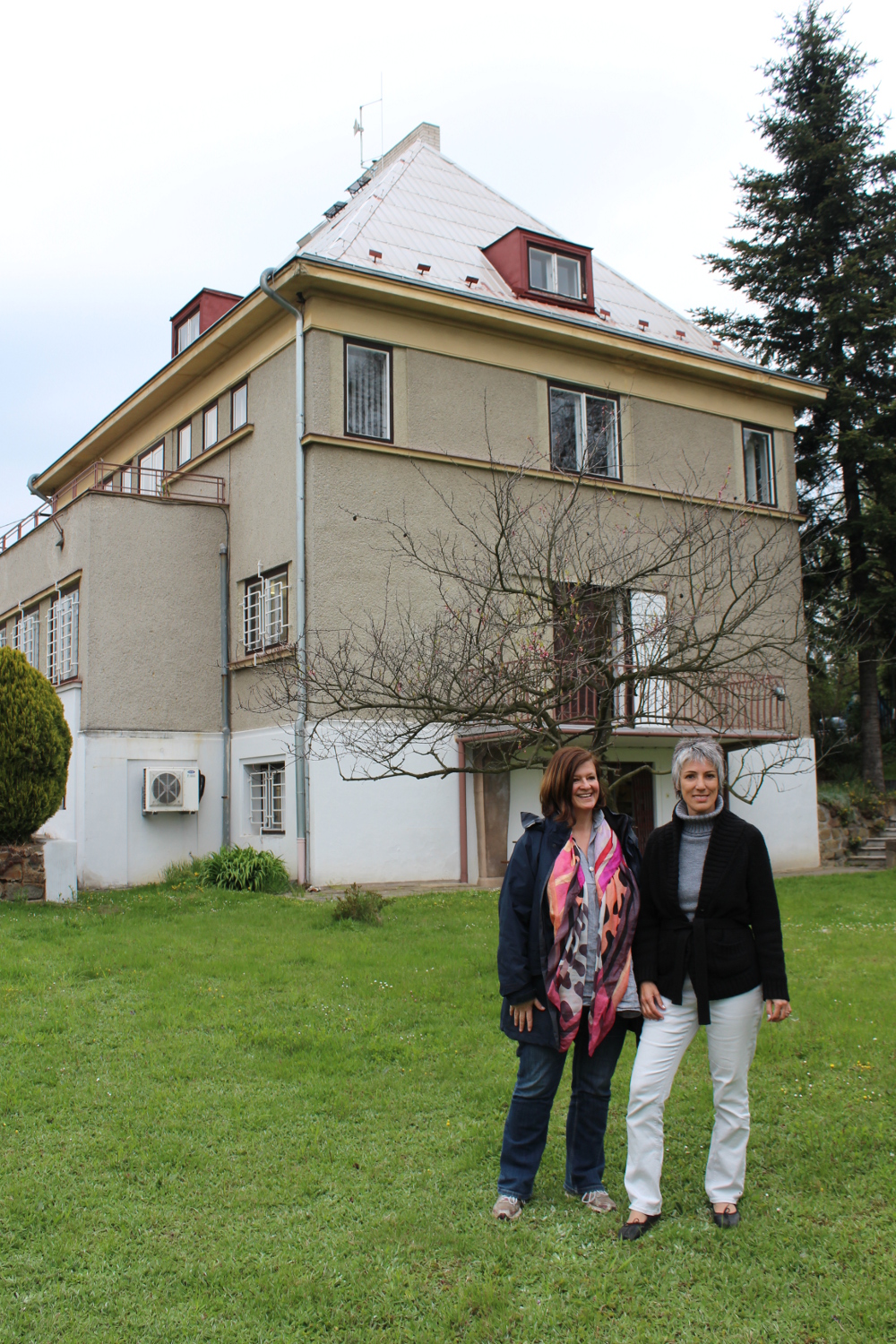 And there the house quietly stood as I turned to look at it one last time as we left: still majestic but a little tainted and time battered. It stood there simply on its mound overlooking the area and watching us people - as it had steadily done for the last 87 years.
And there the house quietly stood as I turned to look at it one last time as we left: still majestic but a little tainted and time battered. It stood there simply on its mound overlooking the area and watching us people - as it had steadily done for the last 87 years.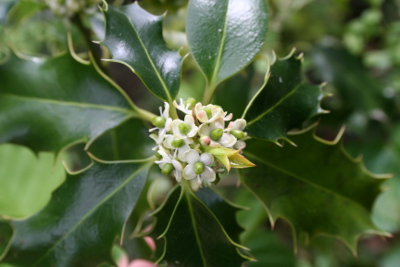
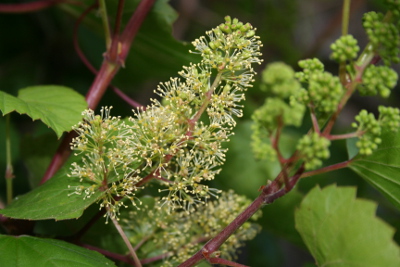 The Beech state involves intolerance. So a person needing this remedy can get infuriated by the shortcomings of others, it is an indignant, sharp, annoyed, critical displeasure.
The Beech state involves intolerance. So a person needing this remedy can get infuriated by the shortcomings of others, it is an indignant, sharp, annoyed, critical displeasure.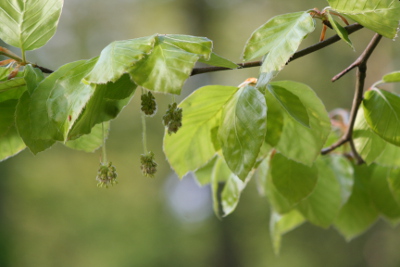
 Cherry Plum is a rather extreme state, someone is so tense, they feel could explode and do something they will regret. So there might have been something that has made them furious. A small child having a paddy has a Cherry Plum state, they can be difficult to reach when they freak out.
Cherry Plum is a rather extreme state, someone is so tense, they feel could explode and do something they will regret. So there might have been something that has made them furious. A small child having a paddy has a Cherry Plum state, they can be difficult to reach when they freak out.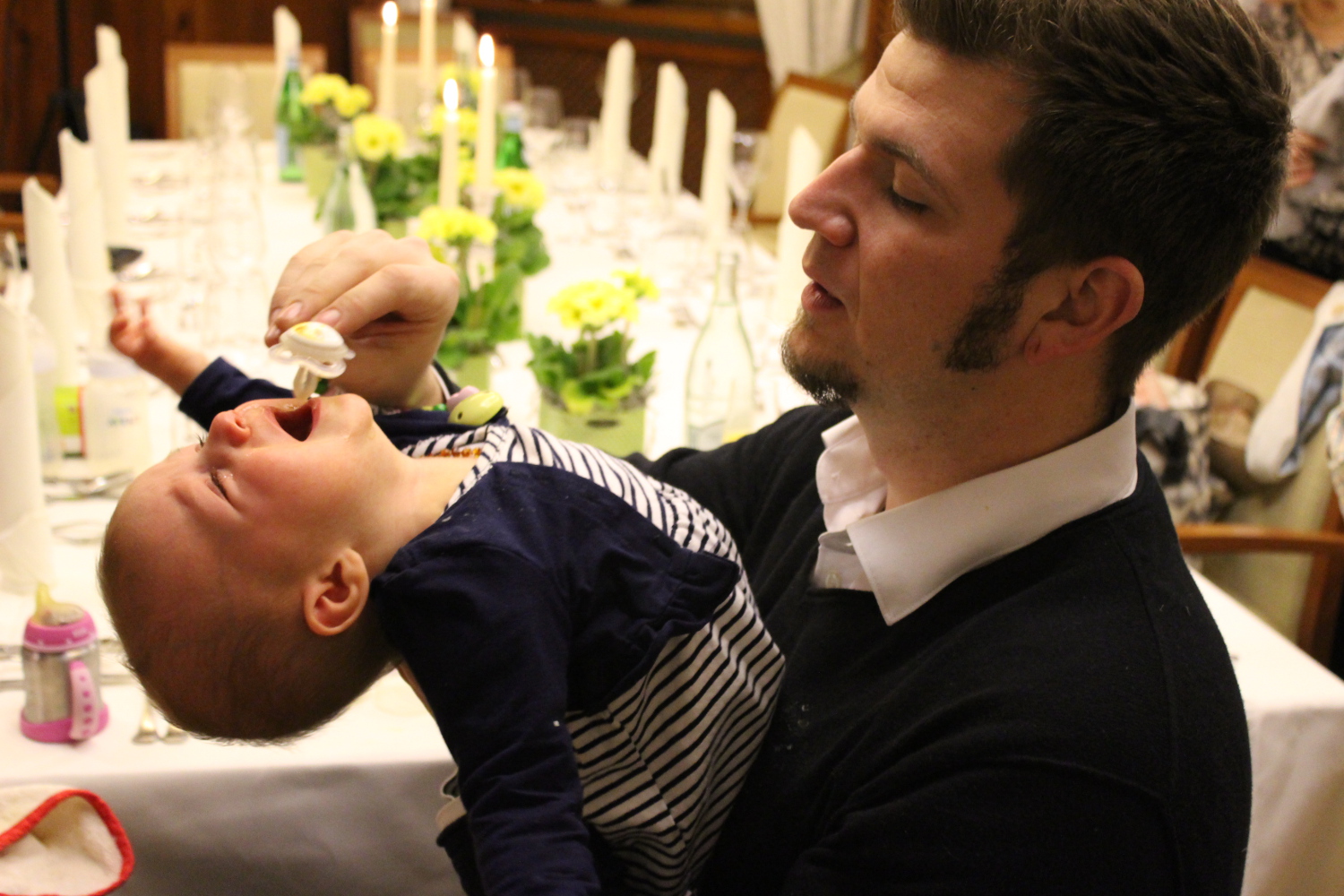 The Vervain anger is fuelled by a sense of identifying with something that is wrong in their opinion. Think of the angry emotions that flow in demonstrations against nuclear weapons or war or more recently against Donald Trump. The Vervain anger is fuelled by a keen sense of justice.
The Vervain anger is fuelled by a sense of identifying with something that is wrong in their opinion. Think of the angry emotions that flow in demonstrations against nuclear weapons or war or more recently against Donald Trump. The Vervain anger is fuelled by a keen sense of justice.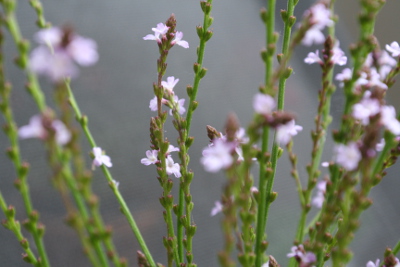


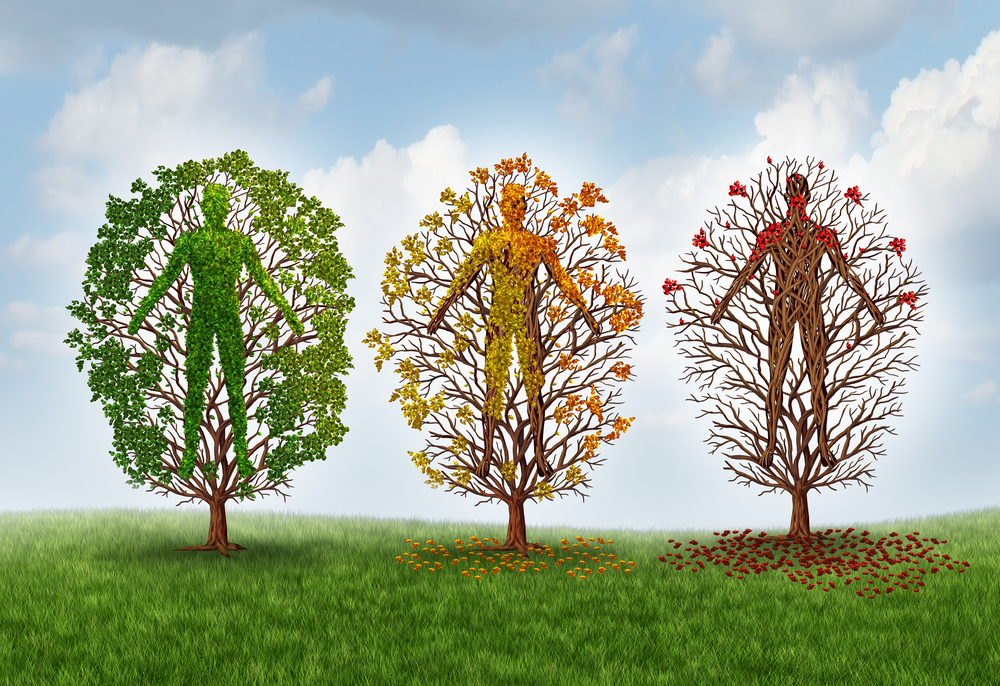


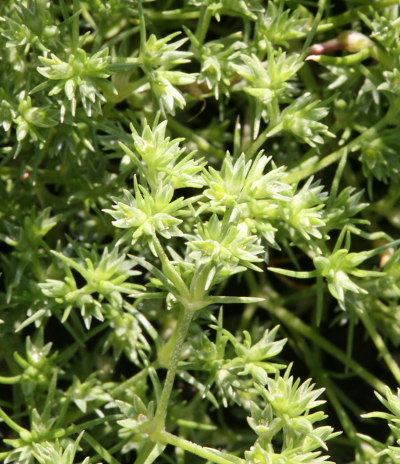 From Dr. Bach's Scleranthus description: Those who suffer much from being unable to decide between two things, first one seeming right then the other.
From Dr. Bach's Scleranthus description: Those who suffer much from being unable to decide between two things, first one seeming right then the other.
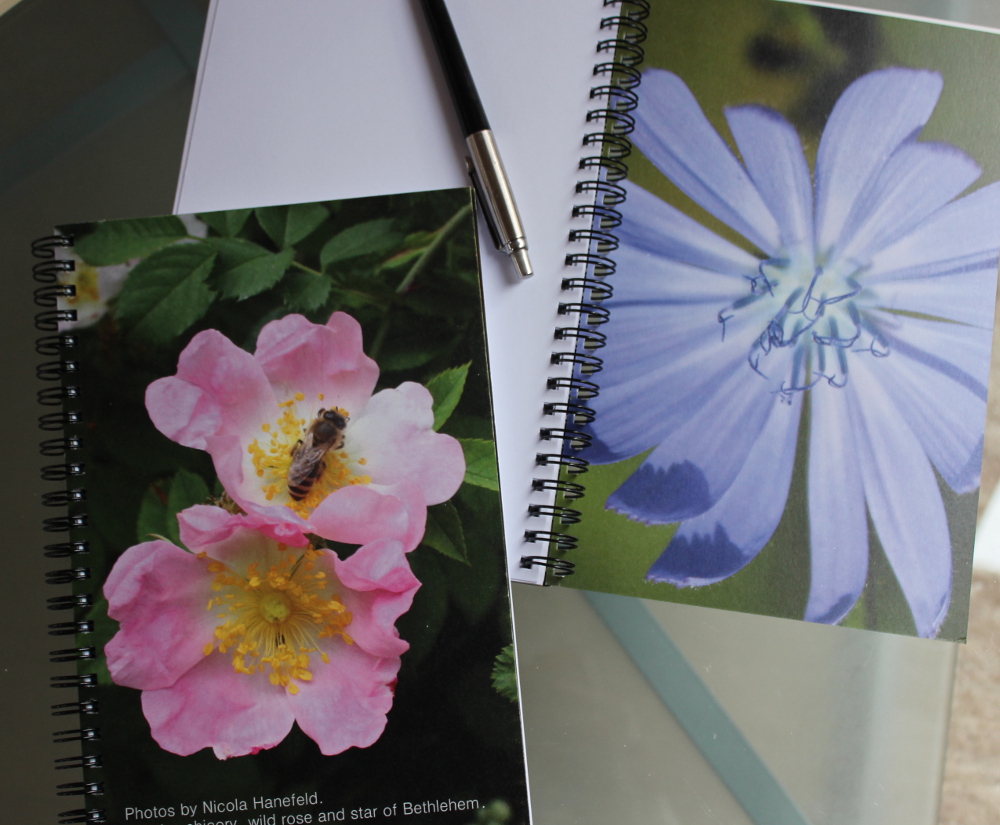 Order my book,
Order my book,  This happened on the way back to Gemany after a visit to the Bach Centre in May 2015. I am sure I was more sensitive to the happenings because of the place I had just visited. I had arrived early at the airport and was just sitting and feeling the hum of Heathrow, simply watching. Something of a luxury these days I think.
This happened on the way back to Gemany after a visit to the Bach Centre in May 2015. I am sure I was more sensitive to the happenings because of the place I had just visited. I had arrived early at the airport and was just sitting and feeling the hum of Heathrow, simply watching. Something of a luxury these days I think.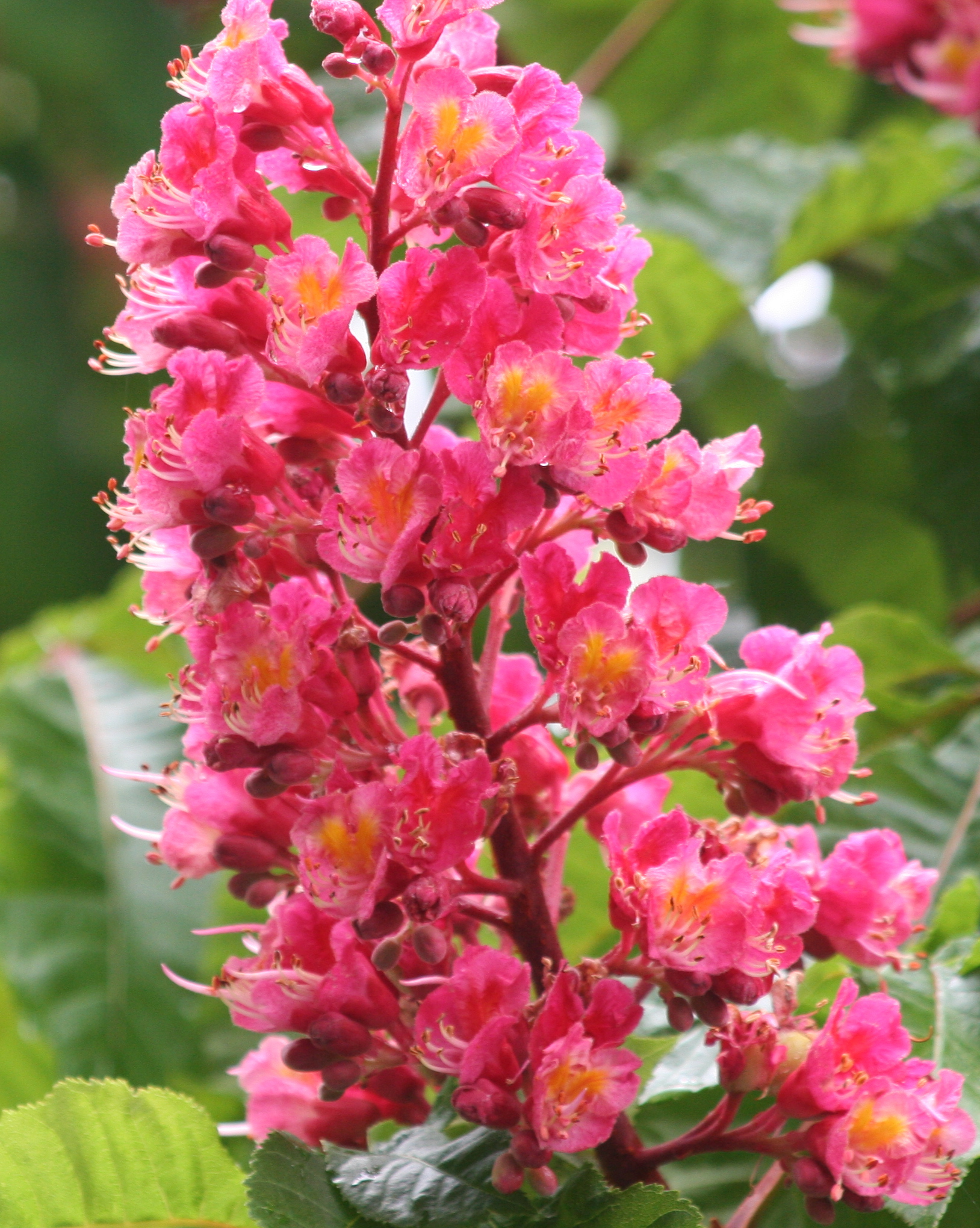 poor state but I did not feel courageous enough to ask if I could help him. What could I do anyway?
poor state but I did not feel courageous enough to ask if I could help him. What could I do anyway?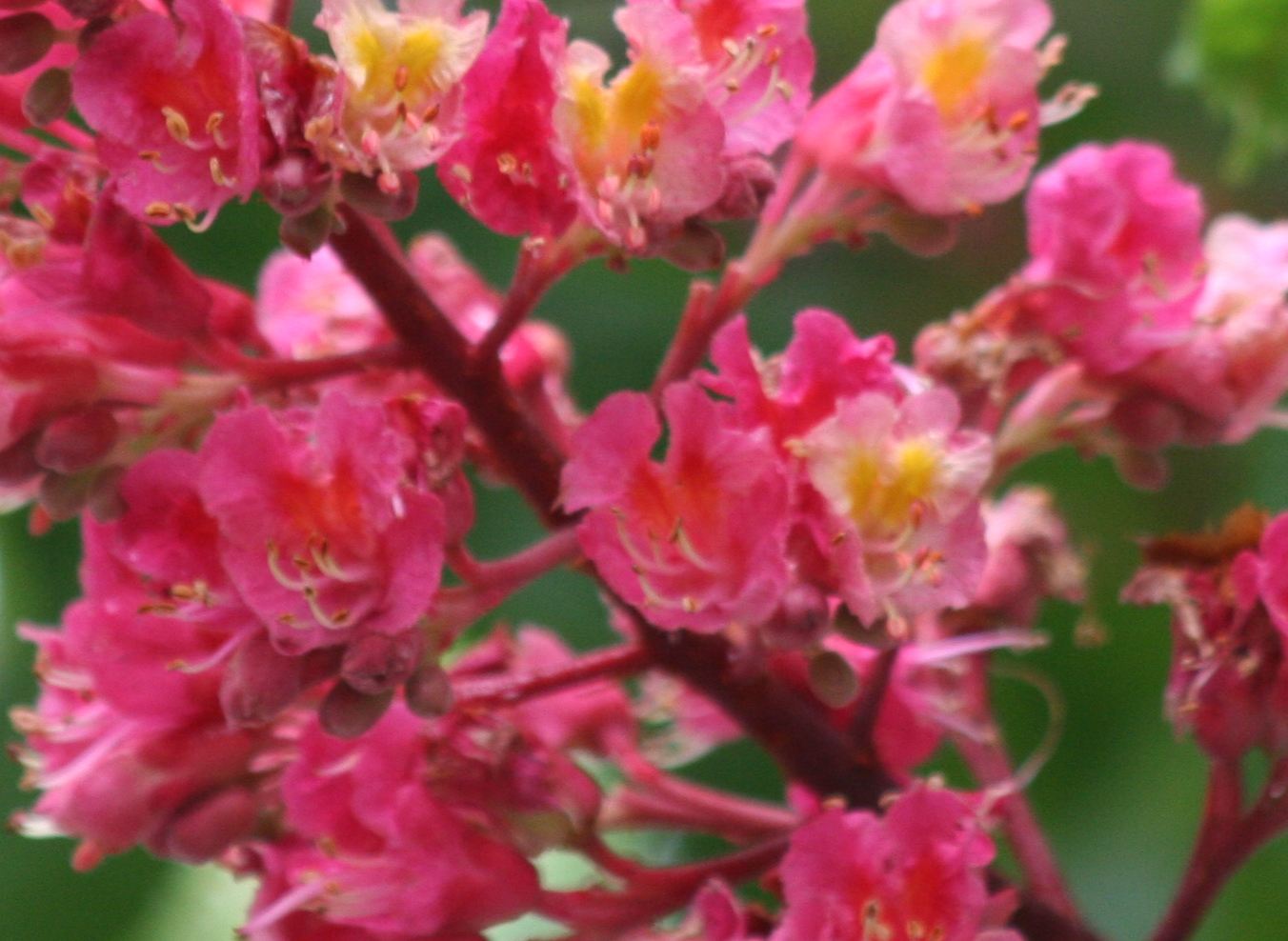 Dr. Bach’s description of the negative state:
Dr. Bach’s description of the negative state: 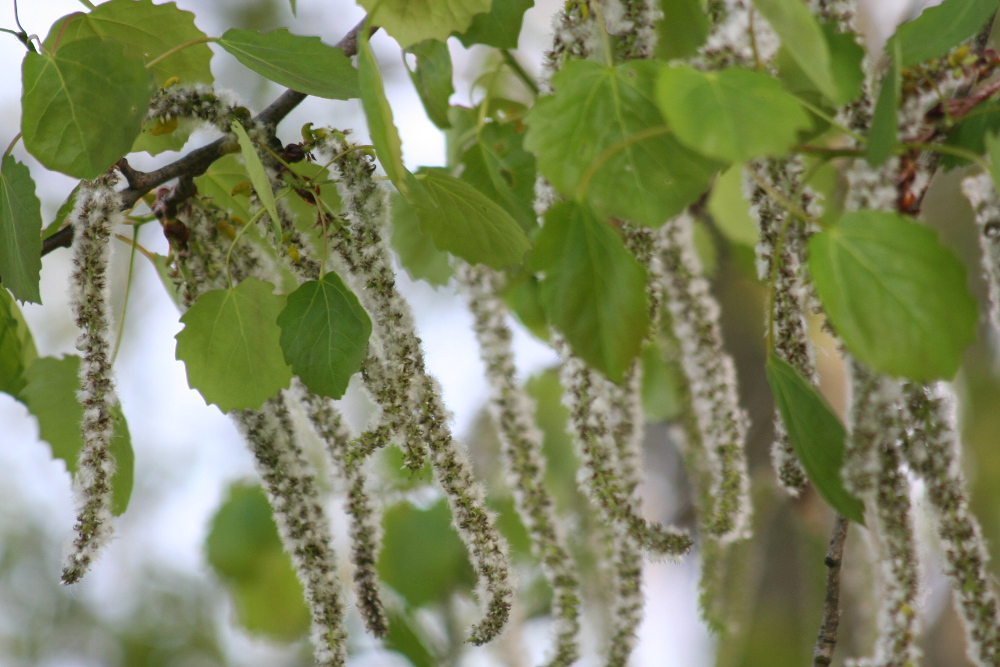 During the first week, amazingly, all was quiet when I was there. Once, when the final words in a Bach consultation had been spoken, a pneumatic drill started up, shaking the house violently in its foundations. It was like a dramatic symbolic message, loud and clear, underpinning what had just been said. My client and I burst out laughing. During the second week, arriving once at midday, I asked the workers if they could please now take a lunch break as I had a client. They happily and good naturedly complied. And during the third week as well, there was never once a disturbance for me and my clients while the road was being done.
During the first week, amazingly, all was quiet when I was there. Once, when the final words in a Bach consultation had been spoken, a pneumatic drill started up, shaking the house violently in its foundations. It was like a dramatic symbolic message, loud and clear, underpinning what had just been said. My client and I burst out laughing. During the second week, arriving once at midday, I asked the workers if they could please now take a lunch break as I had a client. They happily and good naturedly complied. And during the third week as well, there was never once a disturbance for me and my clients while the road was being done. order, of emotional habits we can let go of with the help of the remedies:
order, of emotional habits we can let go of with the help of the remedies: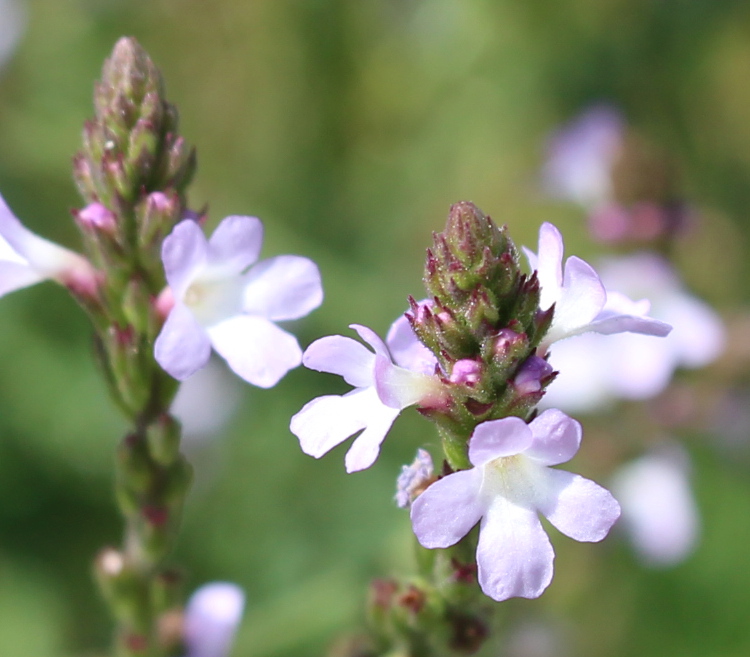
 - let go of excessive work and a sense of duty with the help of Oak
- let go of excessive work and a sense of duty with the help of Oak 
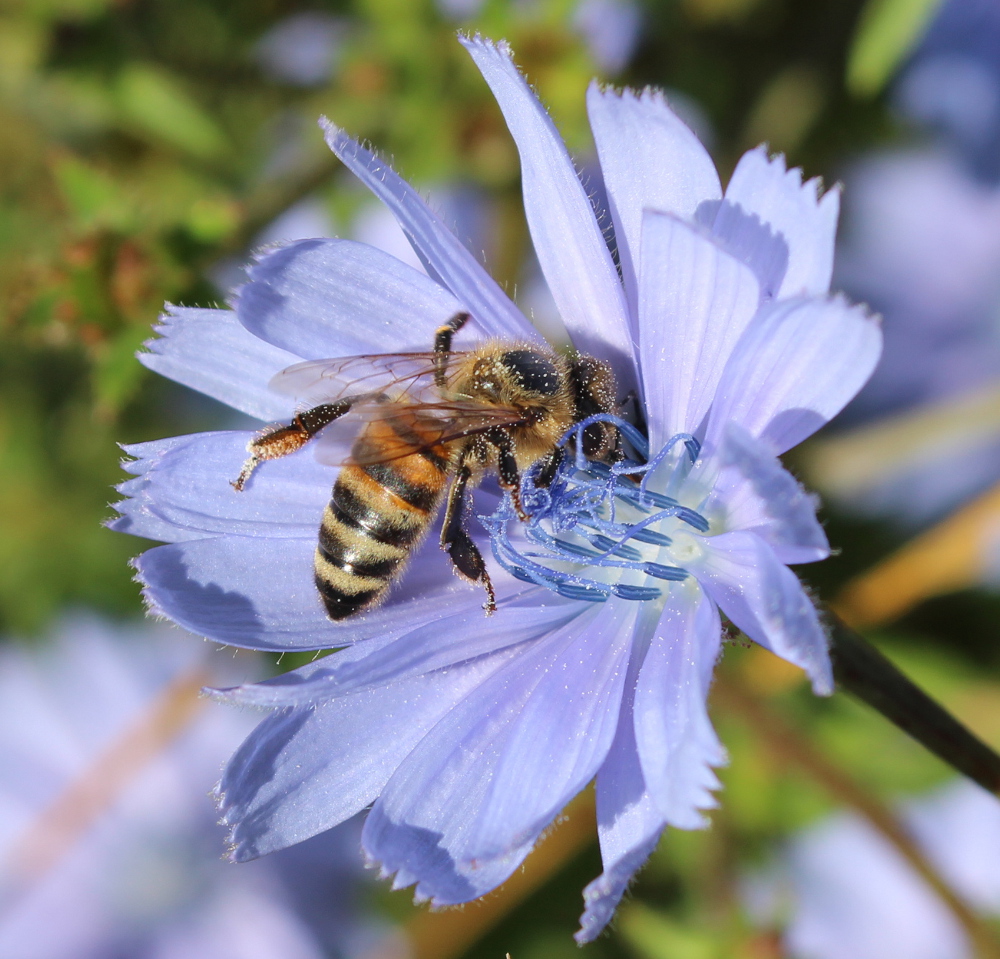

 Emotional baggage is a metaphorical term implying a "load" that people carry with them. It means that negative feelings we have not let go of are affecting present behaviour and mindsets. That can be the pain of disappointment or rejection, trauma, any kinds of distressing previous experiences and their memories. Emotional baggage comes to the fore in relationships and is often rooted in childhood. This is where the beauty of the Bach remedies comes in. Using them, we ask “how do I feel?" Honest answers will uncover emotional baggage and lead to resolving it, for we alone carry our baggage, no one else. And we alone can let it go.
Emotional baggage is a metaphorical term implying a "load" that people carry with them. It means that negative feelings we have not let go of are affecting present behaviour and mindsets. That can be the pain of disappointment or rejection, trauma, any kinds of distressing previous experiences and their memories. Emotional baggage comes to the fore in relationships and is often rooted in childhood. This is where the beauty of the Bach remedies comes in. Using them, we ask “how do I feel?" Honest answers will uncover emotional baggage and lead to resolving it, for we alone carry our baggage, no one else. And we alone can let it go.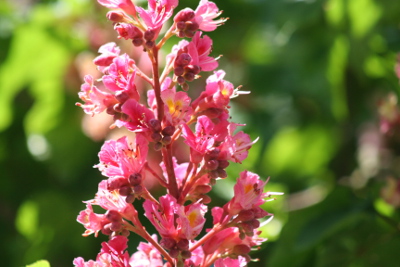 - A child who has lost a parent during childhood may carry a continual fear throughout their life about others they are close to - their children, partners, the remaining parent - that something may also happen to these people too. Red Chestnut helps us relax and develop trust that everyone has their own journey in life and that we can only influence it to a certain extent. We have calm thoughts towards loved ones in a positive Red Chestnut state, not worried ones. Photo: the flowers of the red chestnut tree, Aesculus x carnea
- A child who has lost a parent during childhood may carry a continual fear throughout their life about others they are close to - their children, partners, the remaining parent - that something may also happen to these people too. Red Chestnut helps us relax and develop trust that everyone has their own journey in life and that we can only influence it to a certain extent. We have calm thoughts towards loved ones in a positive Red Chestnut state, not worried ones. Photo: the flowers of the red chestnut tree, Aesculus x carnea - Some children learn to withdraw early in life if their parents or teachers are critical, dismissive or aggressive. Later in life a person who has not learnt to talk about their feelings might clam up when difficulties arise. Which in turn creates more difficulties. This is the negative Water Violet state and it makes us feel protected in isolation; others cannot reach or hurt us. It is the remedy of choice if one withdraws in emotionally challenging situations, resisting others getting close to us. Water Violet helps reduce aloneness and nourishes the ability to connect with others. Photo: the flowers of the water violet herb, Hottonia palustris
- Some children learn to withdraw early in life if their parents or teachers are critical, dismissive or aggressive. Later in life a person who has not learnt to talk about their feelings might clam up when difficulties arise. Which in turn creates more difficulties. This is the negative Water Violet state and it makes us feel protected in isolation; others cannot reach or hurt us. It is the remedy of choice if one withdraws in emotionally challenging situations, resisting others getting close to us. Water Violet helps reduce aloneness and nourishes the ability to connect with others. Photo: the flowers of the water violet herb, Hottonia palustris



 I was sitting quietly at Joe's place reading one afternoon when there was sudden thud on the window and, looking up, I realised that a bird had flown into the glass. I could see a few downy feathers floating in the air. Jumping up and shouting to Joe who was in another room, I ran to the balcony (his lounge is on the first floor) and lent over expecting to see a dead bird. A blackbird lay about 4m below on the wooden terrace, its right wing stretched out at such an angle that I was sure it was broken. I was already running downstairs when I thought of the rescue remedy and called to Joe to bring it from the kitchen. He joined me a few seconds later and gave me the pipette of the little bottle which he had already opened. I started to carefully approach the bird, I could see that the bird was breathing fast and its eyes were closed. I talked quietly and avoided sudden movements and anxiously took the bird into my hand. Briefly, I marvelled at its perfection, it was a young male bird, probably a fledgling from last year and it had a few white feathers around its beak. I quickly put several drops of the rescue remedy on its beak. Immediately, it opened its mouth and eyes and shook its head, its dazed eyes blinking at me. It did not panic in my hands. Luckily, neither its neck nor wing was broken. I gave it more of the remedy and then, still murmuring quietly, and moving softly, I stood up and placed it in the bushes for it to recover. Half an hour later Joe reported that the bird was no longer there.
I was sitting quietly at Joe's place reading one afternoon when there was sudden thud on the window and, looking up, I realised that a bird had flown into the glass. I could see a few downy feathers floating in the air. Jumping up and shouting to Joe who was in another room, I ran to the balcony (his lounge is on the first floor) and lent over expecting to see a dead bird. A blackbird lay about 4m below on the wooden terrace, its right wing stretched out at such an angle that I was sure it was broken. I was already running downstairs when I thought of the rescue remedy and called to Joe to bring it from the kitchen. He joined me a few seconds later and gave me the pipette of the little bottle which he had already opened. I started to carefully approach the bird, I could see that the bird was breathing fast and its eyes were closed. I talked quietly and avoided sudden movements and anxiously took the bird into my hand. Briefly, I marvelled at its perfection, it was a young male bird, probably a fledgling from last year and it had a few white feathers around its beak. I quickly put several drops of the rescue remedy on its beak. Immediately, it opened its mouth and eyes and shook its head, its dazed eyes blinking at me. It did not panic in my hands. Luckily, neither its neck nor wing was broken. I gave it more of the remedy and then, still murmuring quietly, and moving softly, I stood up and placed it in the bushes for it to recover. Half an hour later Joe reported that the bird was no longer there.


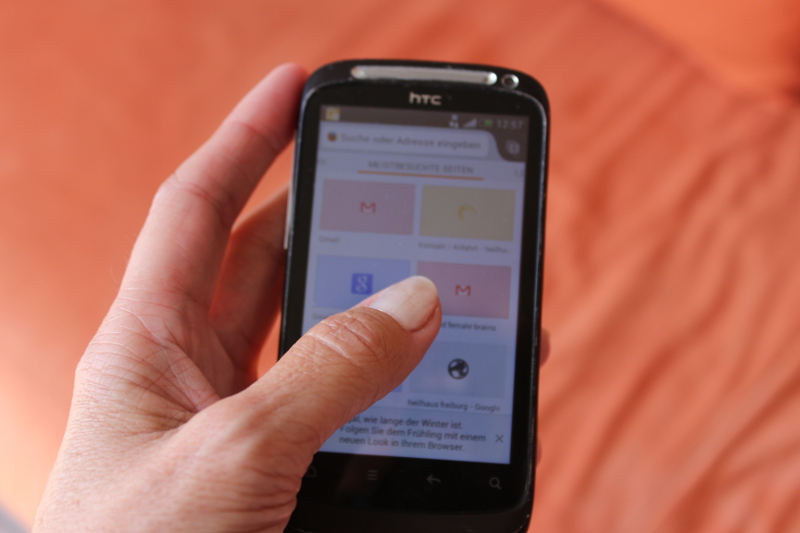 Rock Water is working on her collected data from recent weeks about her jogging progress. She has a Cloud-connecting health monitoring device and is aiming to improve her condition via disciplined self-tracking. Scleranthus is trying to book her summer holidays online. She went to a site and then to another and another and could not decide where to book, and is now going offline. Elm is going offline too, she’s overwhelmed by everything.
Rock Water is working on her collected data from recent weeks about her jogging progress. She has a Cloud-connecting health monitoring device and is aiming to improve her condition via disciplined self-tracking. Scleranthus is trying to book her summer holidays online. She went to a site and then to another and another and could not decide where to book, and is now going offline. Elm is going offline too, she’s overwhelmed by everything.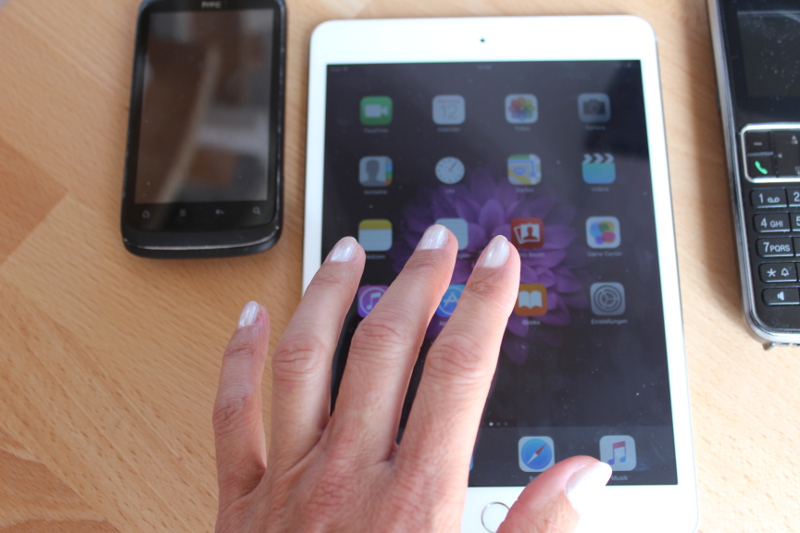
 Cherry Plum is about to throw her tablet PC on the floor any minute now because the programme she installed last week is not working. The online help portal is not helpful, not only that, the newly installed programme seems to have disturbed the whole workings of her computer and she cannot open any of her documents.
Cherry Plum is about to throw her tablet PC on the floor any minute now because the programme she installed last week is not working. The online help portal is not helpful, not only that, the newly installed programme seems to have disturbed the whole workings of her computer and she cannot open any of her documents.

